11月15日,“标准必要专利精英论坛:共创卓越”在我校长宁校区举办。本次论坛汇聚了澳大利亚、英国、德国及欧洲统一专利法院的资深法官,最高人民法院及地方各级法院、高校、律师事务所、产业界的百余名专家学者,共同围绕标准必要专利领域前沿议题展开深度研讨。
On November 15, the “SEPs Mastermind: Dialogue for Progress” forum was successfully held at East China University of Political Science and Law (ECUPL) Changning campus. The event brought together senior judges from Australia, the United Kingdom, Germany and the Unified Patent Court, as well as more than 100 experts and scholars from the Supreme People's Court, Local People's Courts, universities, law firms and industry to engage in in-depth discussions on cutting-edge issues in the field of standard-essential patents (SEP).
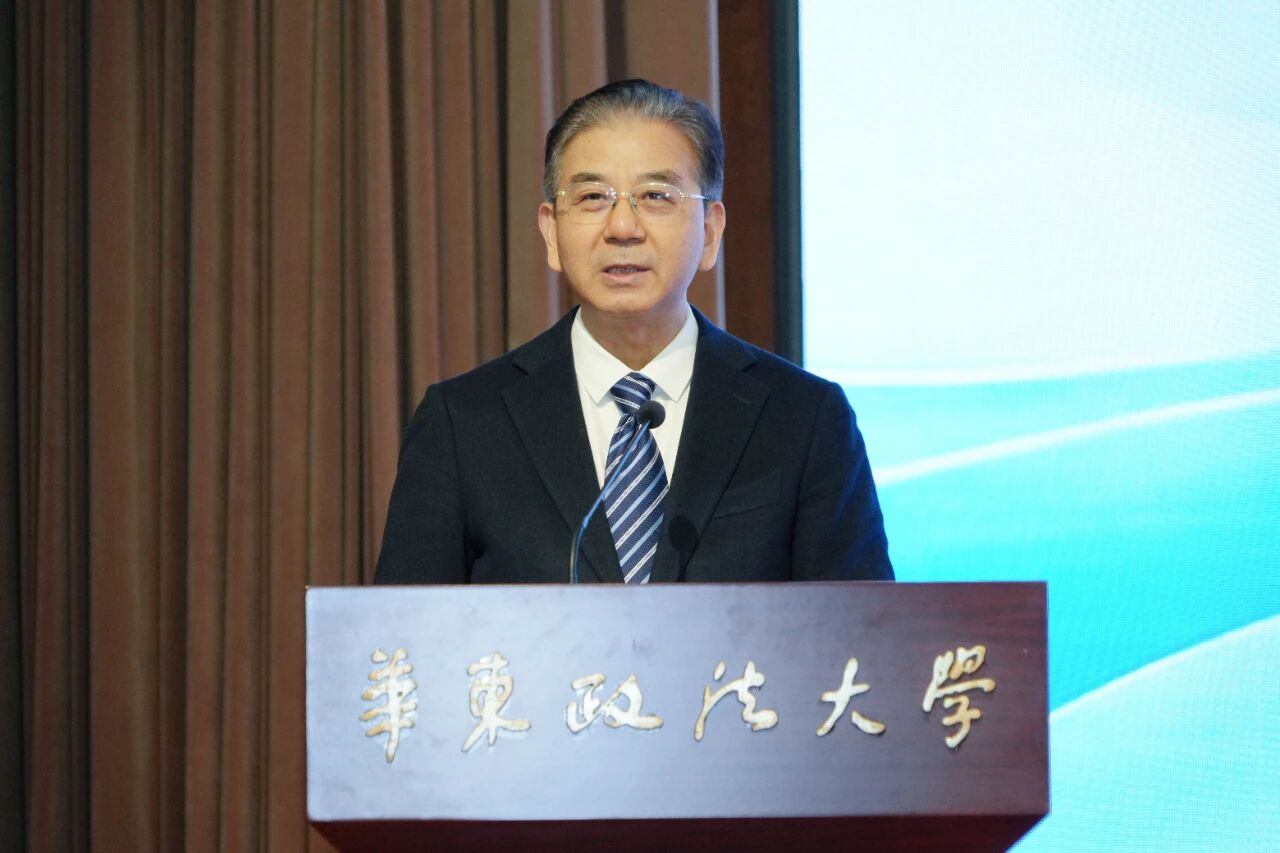
校党委书记郭为禄出席开幕式并致辞。他回顾了学校在知识产权领域,尤其是标准必要专利方向的人才培养成果与学术贡献。他强调,要坚持以实践为导向深化法学教育改革;要持续推动高水平开放合作,积极延请国内外高水平实务专家,加强与国际同行专家的合作;要更加注重跨学科协同研究,主动拥抱业界需要,努力培养更多“懂法律、懂技术、懂产业”的复合型法治人才,为标准必要专利领域的规则协同与产业共赢贡献更大力量。
Prof. GUO Weilu, Chairman of University Affairs Committee of ECUPL, attended the opening ceremony and delivered an address. He reviewed the University's achievements in talent cultivation and academic research in intellectual property, with a particular focus on standard-essential patents. Prof. Guo stressed the need to deepen legal-education reform with a practice-oriented approach, to sustain high-level openness and cooperation by regularly inviting leading domestic and foreign practitioners, and to strengthen collaboration with international peers. He also called for greater emphasis on interdisciplinary, synergistic research that actively responds to industry needs, so as to cultivate more inter-disciplinary legal professionals who “understand law, technology and industry.” Such efforts will contribute significantly to the harmonization of SEP rules and to industrial win-win outcomes.
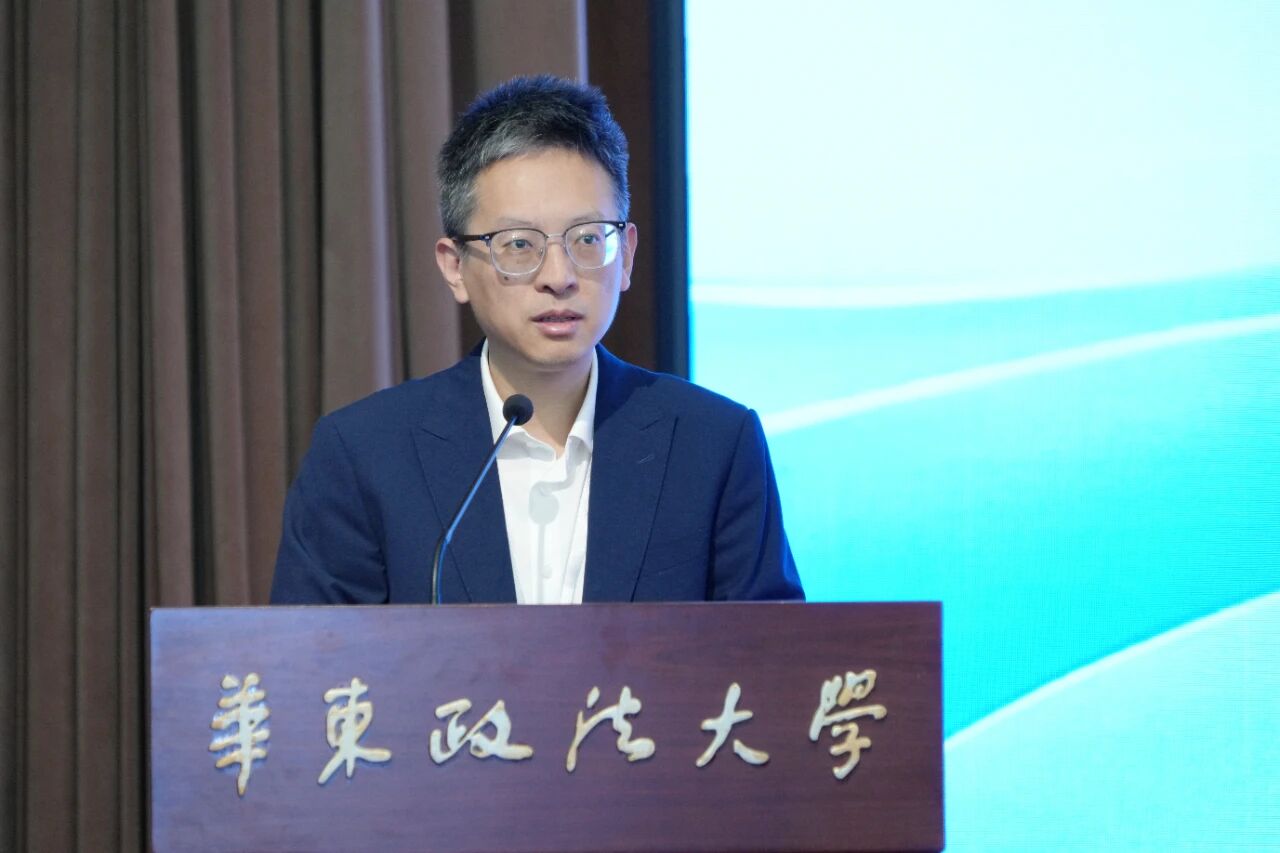
校党委副书记、副校长虞潇浩主持开幕式。他指出,本次论坛旨在搭建跨领域、国际化的高端对话平台,助力构建公平高效、支撑创新与产业协同的标准必要专利许可生态。论坛通过专题研讨、跨法域司法对话、闭门会议等多元形式,聚焦标准必要专利领域的发展趋势、司法实践及反垄断规制等核心议题,为全球标准必要专利治理贡献智慧。
YU Xiaohao, Deputy Secretary of the University Party Committee and Vice President of ECUPL, moderated the opening ceremony. He pointed out that the forum is designed to create a high-level, cross-disciplinary and international platform for dialogue, so as to foster a fair, efficient SEP-licensing ecosystem that underpins innovation and industrial synergy. Through thematic panels, cross-jurisdictional judicial dialogue and closed-door round-tables, the event focuses on core issues, including cutting-edge trends, judicial practice and antitrust regulation in the SEP space, offering valuable insights for global SEP governance.
业界前沿
开幕式后,与会嘉宾围绕“业界前沿”“律经思辨”“跨法域司法对话”三个单元展开深入研讨。
Following the opening ceremony, delegates delved into three dedicated sessions—“Industry Frontiers”, “Legal & Economic Perspectives” and “Cross-Jurisdictional Judicial Dialogue”.
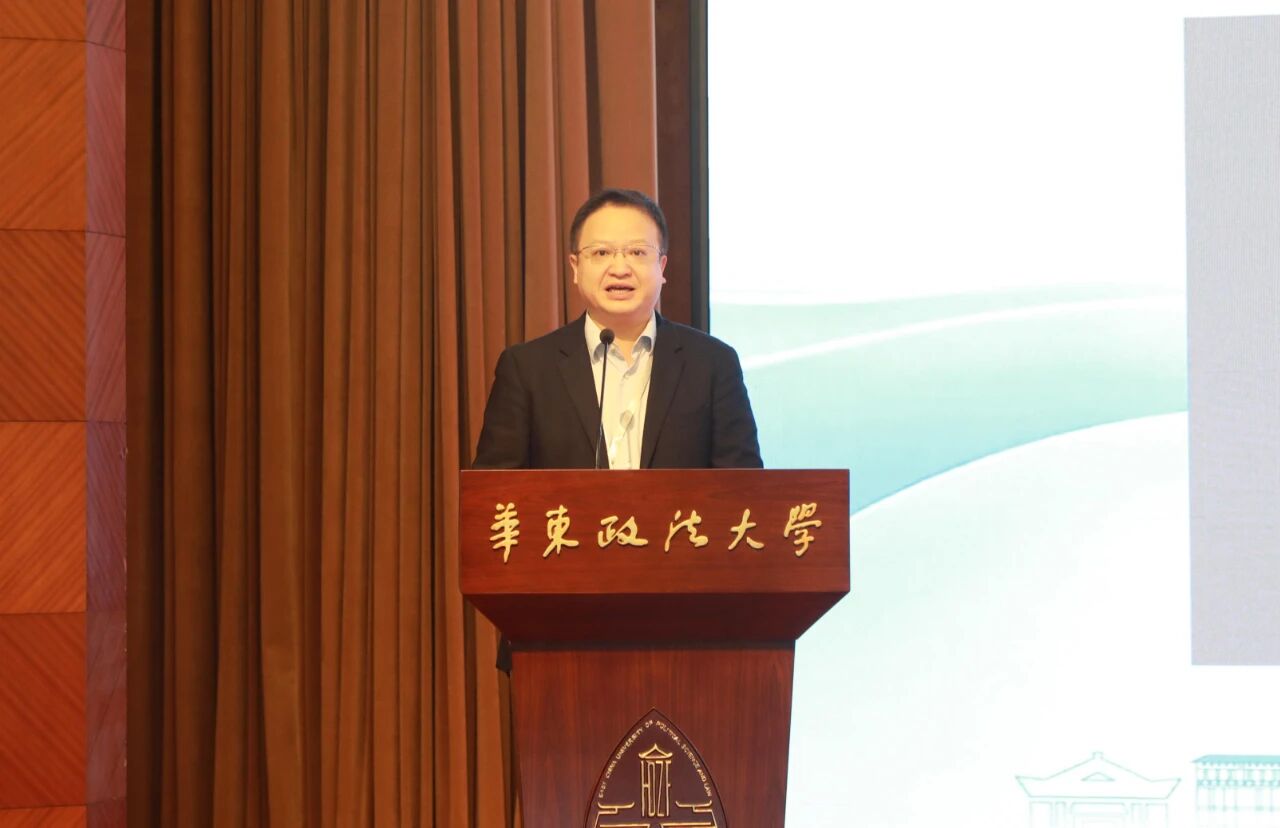
第一单元聚焦标准必要专利业界前沿,上半场由我校知识产权学院副院长储翔主持,产业界代表围绕实践经验与行业痛点展开分享。
Part I of Session 1, “Industry Frontiers,” was moderated by Prof. CHU Xiang, Associate Dean of the ECUPL Intellectual Property School. Industry representatives shared their practical experiences and discussed the challenges faced by the industry.
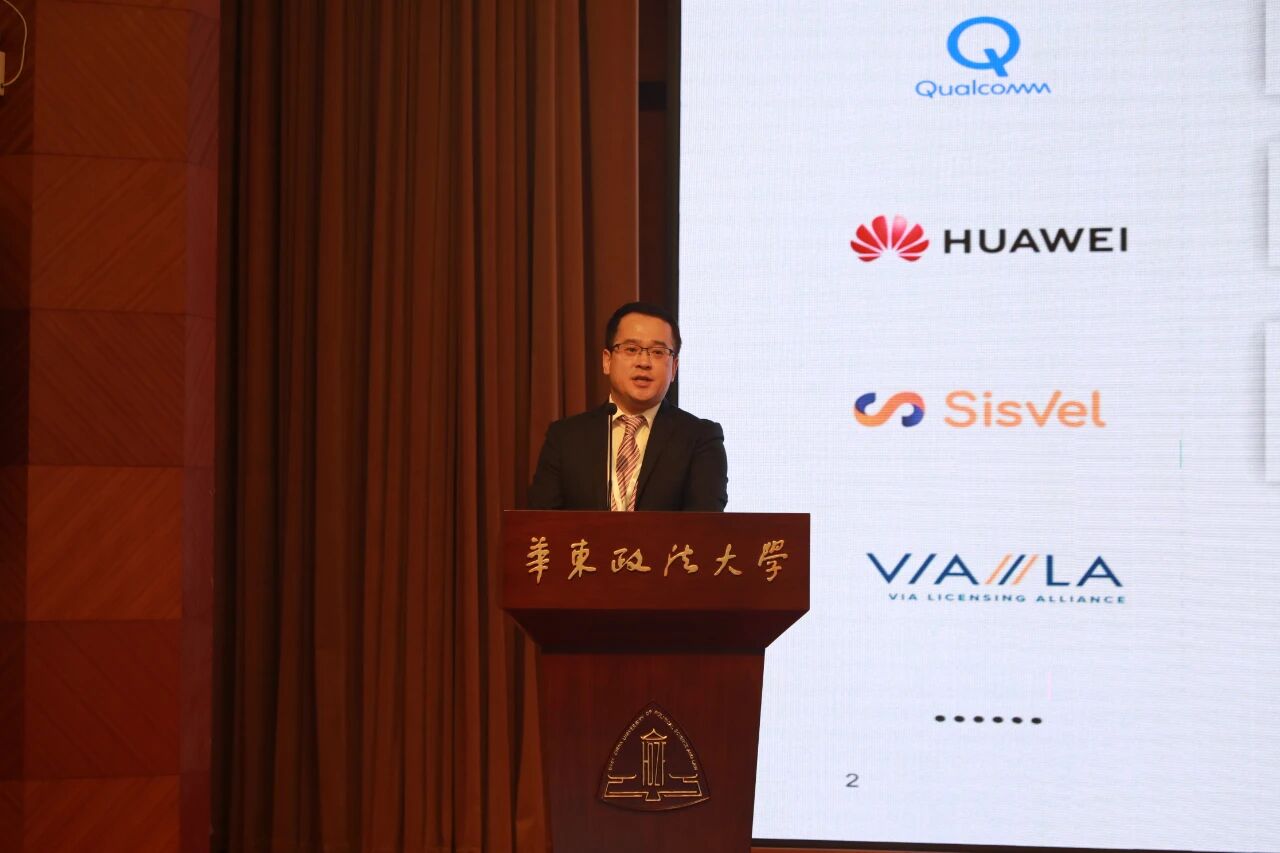
华为公司亚太知识产权部部长王斌介绍了华为平衡保护知识产权实践理念,强调专利对产业链及终端产品的核心价值,以及上下游价值相当为基础的多层级灵活许可模式的优势。他提及中国司法在芯片专利侵权案件中作出了公正裁决,认可权利人有权在产业链不同层级进行许可,产业链任何层级实施人实施专利都应合理付费是专利保护应有之义。
Wang Bin, Director of Asian-Pacific IP Department of Huawei, introduced Huawei's balanced approach with respect to protecting intellectual property rights, emphasizing the core value of SEPs for the industry chain and end products, as well as the advantages of a flexible multi-level licensing model based on the principle that value is equivalent across different levels of the supply chain. He mentioned that a Chinese court had issued an injunction in a case involving a chip product infringing on 5G patent. The Judgement recognized that patent holders have the right to license at different levels of the industry chain, and that any implementation of the patent at any level of the supply chain should be subject to reasonable payment, which is an essential aspect of patent protection.
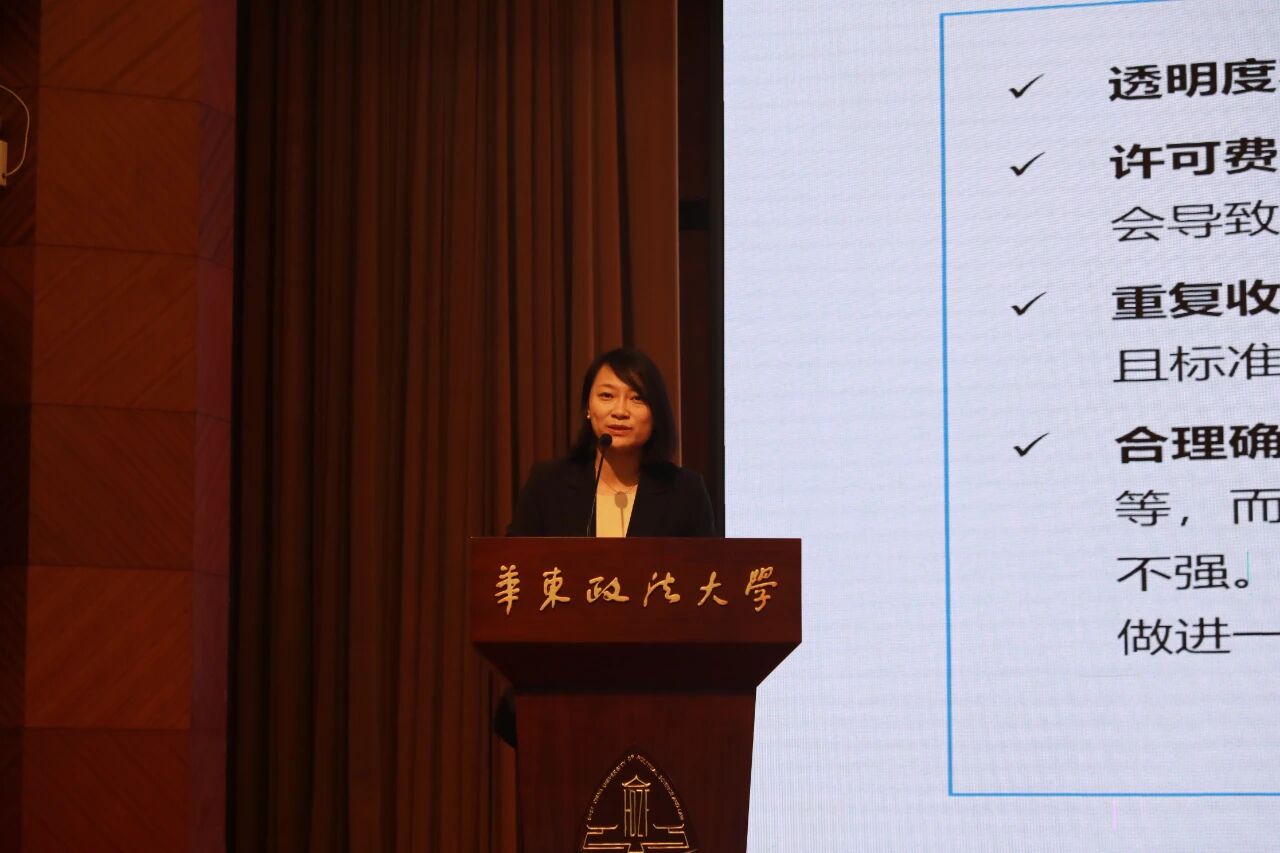
腾讯公司法务副总裁刁云芸结合行业观察,剖析了音视频标准、专利池的特点,例如标准种类多,专利池分散、交叉,专利池透明度不足等,极易导致混乱、高成本的许可环境。同时分享了音视频标准必要专利针对流媒体领域的许可、诉讼现状以及难点问题,比如存在许可费叠加、潜在重复收费、标准技术贡献极易高估等,全行业仍需进一步研究,共同推动建立一套能准确反映标准技术真实贡献度的、更精细、更公平的许可费评估体系。
Diao Yunyun, Vice President of Legal Affairs at Tencent, based on industry oberservations to analyze the characteristics of audio-visual standards and patent pools — such as the large variety of standards, fragmented and overlapping patent pools, and insufficient transparency of patent pools — which are prone to leading to a chaotic and high-cost licensing environment. She also shared insights into the current status and key challenges of licensing and litigation related to audio-visual standard-essential patents (SEPs) in the streaming media field. For example, issues like royalty stacking, potential double charging, and the tendency to overestimate the contribution of standard technologies persist. The entire industry still needs to conduct further research and collaborate to establish a more refined and equitable royalty assessment system that accurately reflects the true contribution of standard technologies.
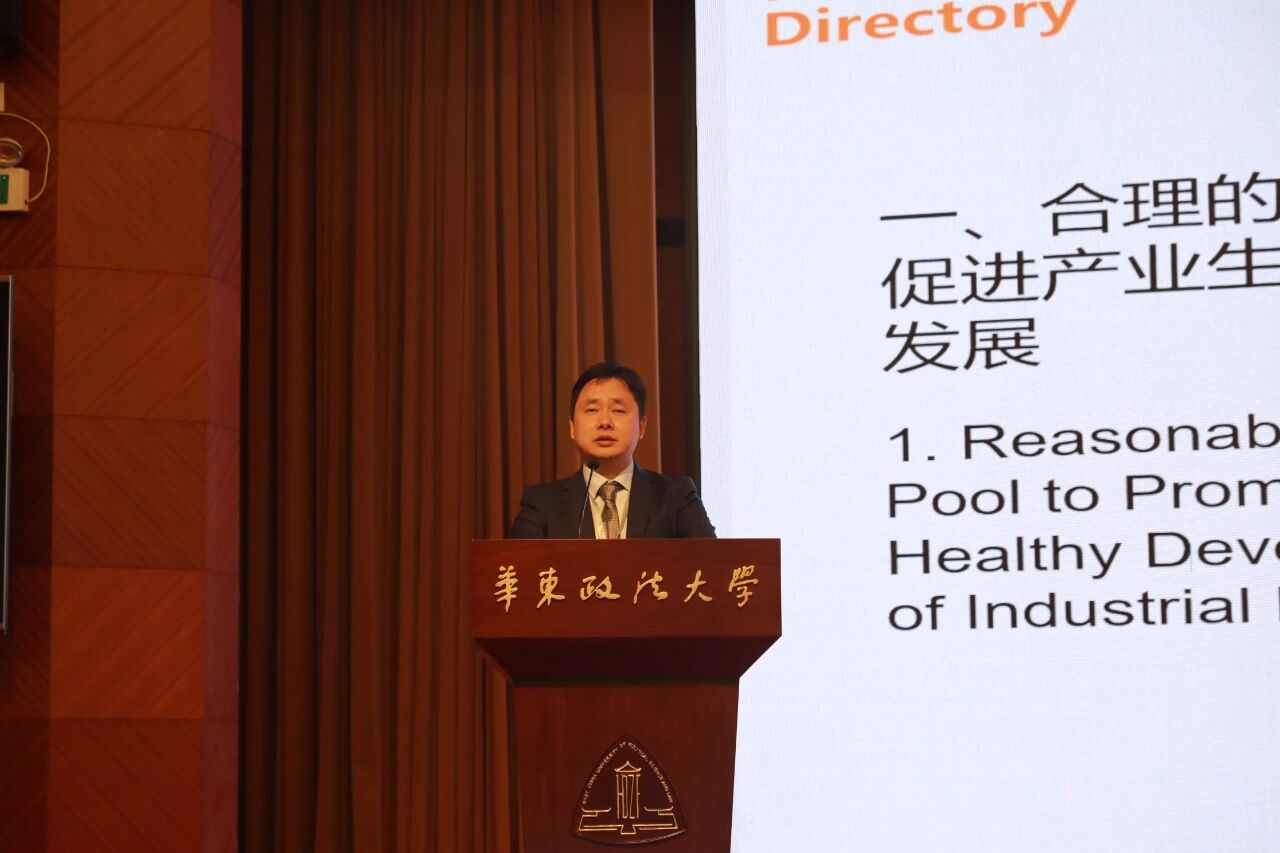
阿里巴巴集团专利法务总监柯晓鹏聚焦视频领域专利许可实践,提出合理统一的专利池可降低交易成本、提高产业化效率、促进产业生态健康发展,但需要建立合法合规的运行机制。尤其在流媒体服务领域,视频技术在不同应用场景下价值差异显著,分场景的差异化费率机制才更符合产业价值贡献现实、更符合各方合理利益分配、更符合SEP许可的FRAND要求。
Mr. Ke Xiaopeng, Patent Legal Director from Alibaba Group, focused on patent licensing practices in the video domain, proposing that a unified and rational patent pool could reduce transaction costs, enhance industrialization efficiency, and foster healthy ecosystem development. However, he emphasized the necessity of establishing legally compliant operational mechanisms. In particular, within streaming service sectors, video codec technology demonstrates significant value variations across different application scenarios. A scenario-specific differentiated rate mechanism would better align with the actual value contributions of industries, ensure equitable interest allocation among stakeholders, and comply with the FRAND requirements of SEP licensing.
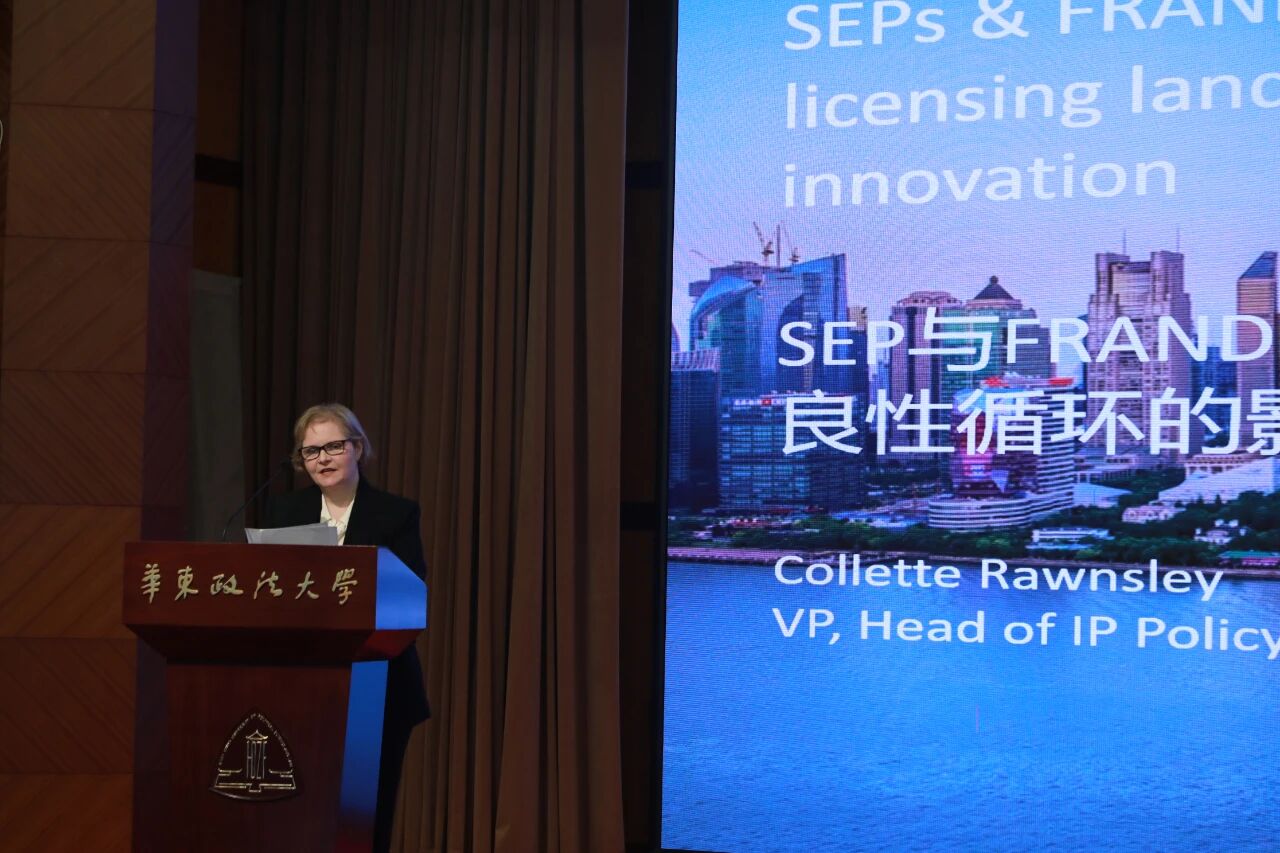
诺基亚公司副总裁、知识产权政策主管科莱特·罗恩斯利结合全球知识产权合作现状,强调构建基于标准化技术的创新循环的重要性。标准必要专利的FRAND许可促进富有活力的创新循环,为全世界的消费者带来裨益。只有一个平衡的各参与方利益都得到兼顾的体系才能支持其持续发展。这一富有活力的创新循环有赖于一个国际性的法律规则框架。考虑到从投资决策到获得收益的长达十多年的周期,一个鼓励对未来技术的高风险研发的持续投资的、可预期的、审慎可靠监管机制是非常关键重要的。
Collette Rawnsley, VP, Head of IP Policy, Nokia Technologies, talked about global developments in the legal and licensing landscape and the implications for the Virtuous Cycle of Innovation. She highlighted that FRAND Licensing of SEPs fuels the virtuous cycle of innovation that benefits consumers all around the world. Only a balanced system, in which all actors’ interests are recognized can be sustainable. The virtuous cycle is anchored in an international legal framework. Because of the 10-year timeline between the decision to invest and recouping on that investment, a robust, predictable and reliable legal and regulatory framework, which encourages continued investment in risky R&D for future technologies, is vital.
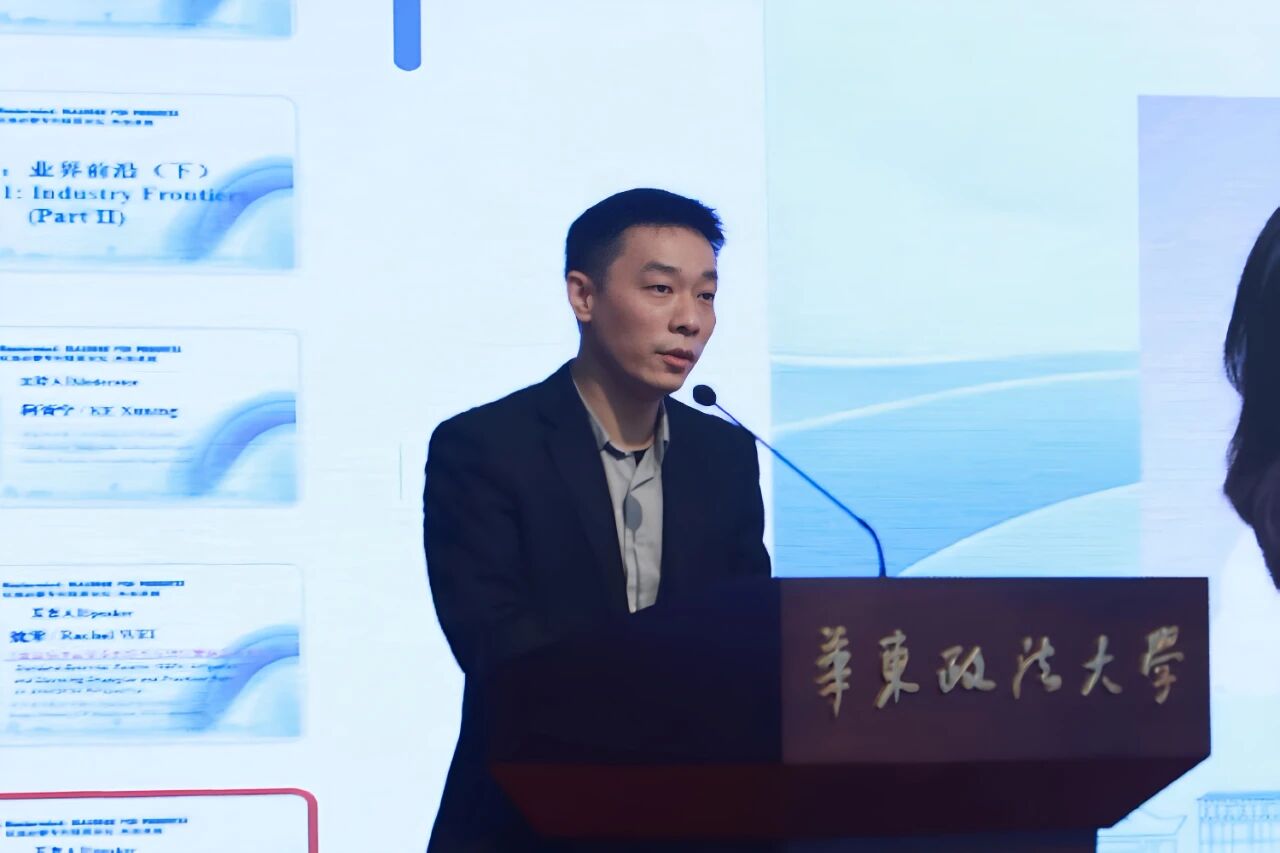
第一单元下半场由南京市中级人民法院知识产权庭副庭长柯胥宁主持,业界代表从发展视角探讨知识产权战略。
Part II of Session 1 was moderated by KE Xuning, Deputy Chief Judge of the Intellectual Property Division, Nanjing Intermediate People’s Court. Industry representatives discussed intellectual property strategies from a development perspective.
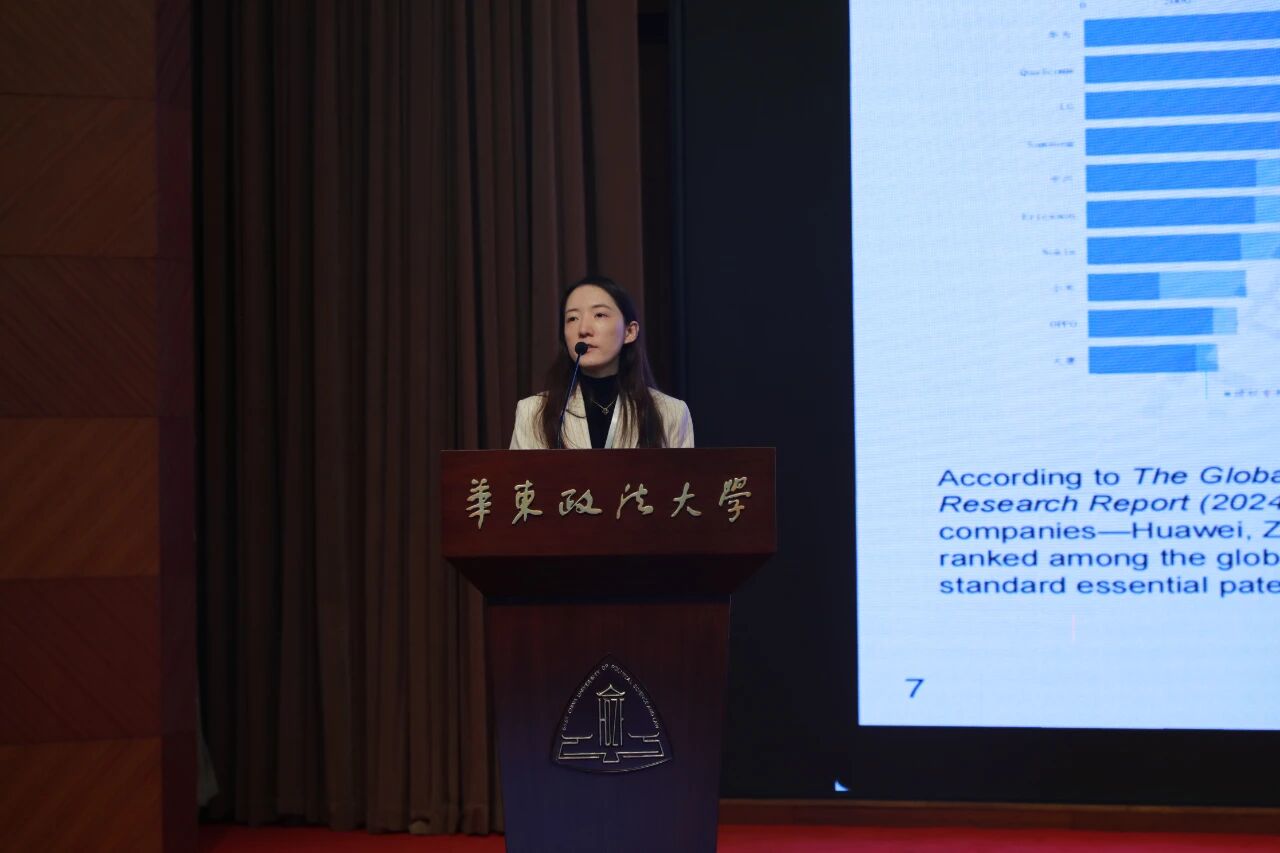
中兴公司知识产权部副部长魏莱从企业维度剖析中国知识产权标准与创新现状。她提出,企业在进入市场前应充分研究和敬畏规则,在产品定价,利润核算及竞争力评估中需提前考虑必要的知识产权成本。尊重他人知识产权的同时,企业更需要掌握核心技术,优化专利布局,开展专利运营,参与规则制定,实现创新-共享-合理回报反哺研发的良性循环;在国家政策支持,司法和行政保护下,我国专利储备与技术创新成果丰硕,但专利运营收益与海外主体存在明显差距,中国创新得到公平合理回报仍然面临挑战。中兴愿用自身行动与行业一起探索最佳实践。
Wei Lai(Rachel), Deputy Director of the Intellectual Property Department at ZTE Corporation, analyzed China's intellectual property standardization and innovation status from an enterprise perspective. She emphasized that enterprises should fully study and respect relevant rules before entering the market, and assess and consider necessary budgets for obtaining licenses and addressing litigation when doing product pricing, profit accounting, and competitiveness evaluation. While respecting the intellectual property rights of others, enterprises must also develop core technologies, optimize patent layouts, conduct patent monetization, and participate in rule-making to achieve a virtuous cycle of innovation - sharing - reasonable returns to feed back R&D. Supported by national policies, judicial and administrative protection, China has achieved fruitful results in patent reserves and technological innovation. However, a significant imbalance in licensing income between Chinese enterprises and overseas counterparts remains, and Chinese innovations still face challenges in obtaining fair and reasonable returns. ZTE is willing to explore best practices with the industry togehter.
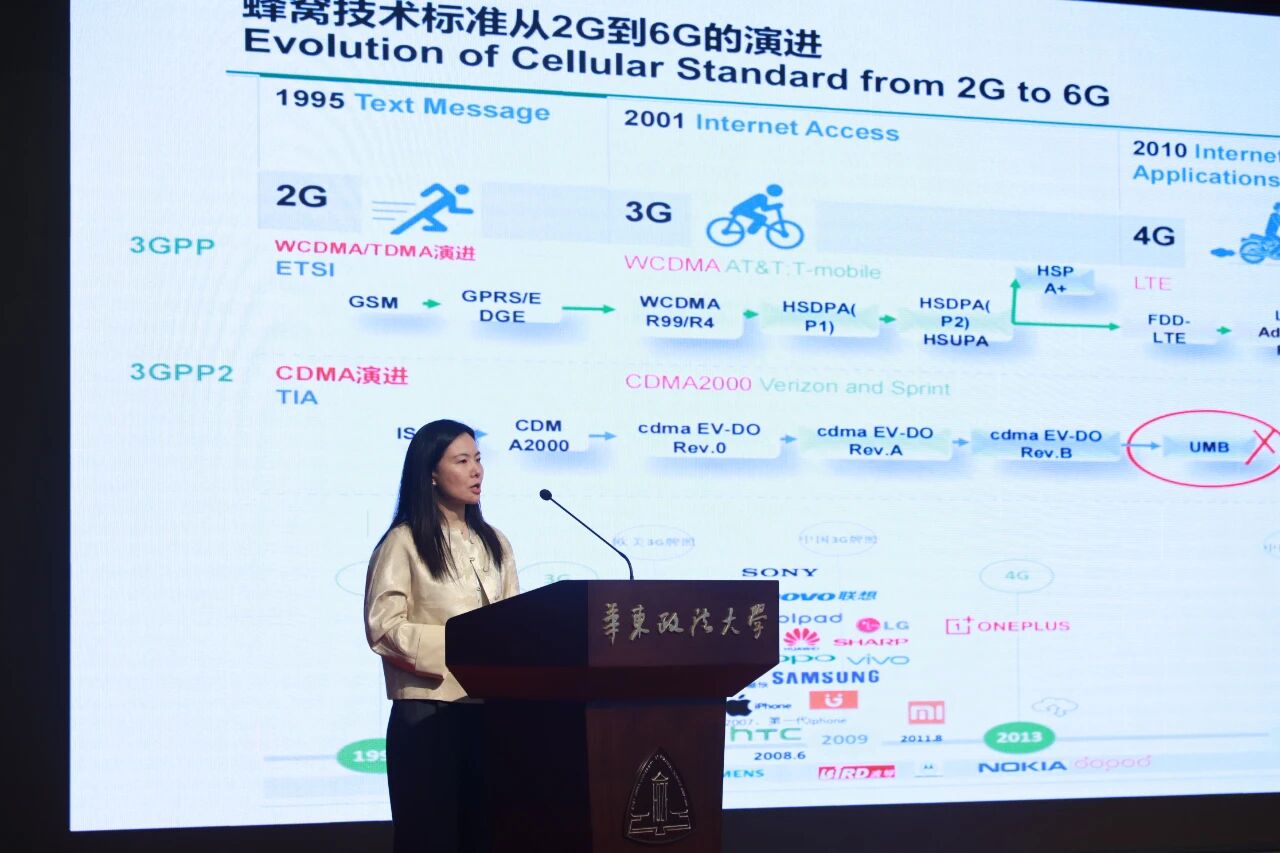
OPPO公司知识产权高级总监朱娟表示标准专利技术和产业互相促进,也相互影响。如果技术的实施带来的成本超过了产业的发展可承受的限度,则产业会反过来用脚投票。正是二者的相互作用,促进了多元化的生态和技术的不断升级破圈,由此也带来了生态纠纷的多元化,碎片化和复杂化,带来了现在全球SEP纠纷解决的热潮;SEP纠纷的核心问题、涉及的技术领域、涉及的行业都在不断的拓展。但最终都集中在全球几个热点的司法管辖区域,形成了各自的特点。总之,我们处于一个产业/技术/专利/政策的秩序重构的时代,有不少亟待解决的问题。各主体都需积极探索、迎接不断变化的环境,推动建立平衡、双赢、适应产业繁荣的SEP健康生态。
Ms. Julia Zhu, Senior IP Director at OPPO, discussed the mutual promotion and interdependence between SEP technologies and industries. If the cost of implementing a technology exceeds the sustainable capacity of industrial development, the industry will respond by voting with its feet. It is precisely this dynamic interaction that fosters a diversified ecosystem and continuous technological breakthroughs, which in turn leads to increasingly complex, fragmented, and diverse ecological disputes. This has contributed to the current global surge in SEP litigation.The core issues of SEP disputes, the technical fields involved, and the industries affected are always expanding. However, these disputes ultimately converge in a few key jurisdictions worldwide, each developing its own characteristics.In summary, we are in an era of restructuring the order of industry, technology, patents, and policies, with many pressing issues awaiting resolution. All players must actively explore solutions, adapt to the ever-changing environment, and work toward establishing a balanced, and industry-friendly SEP ecosystem.
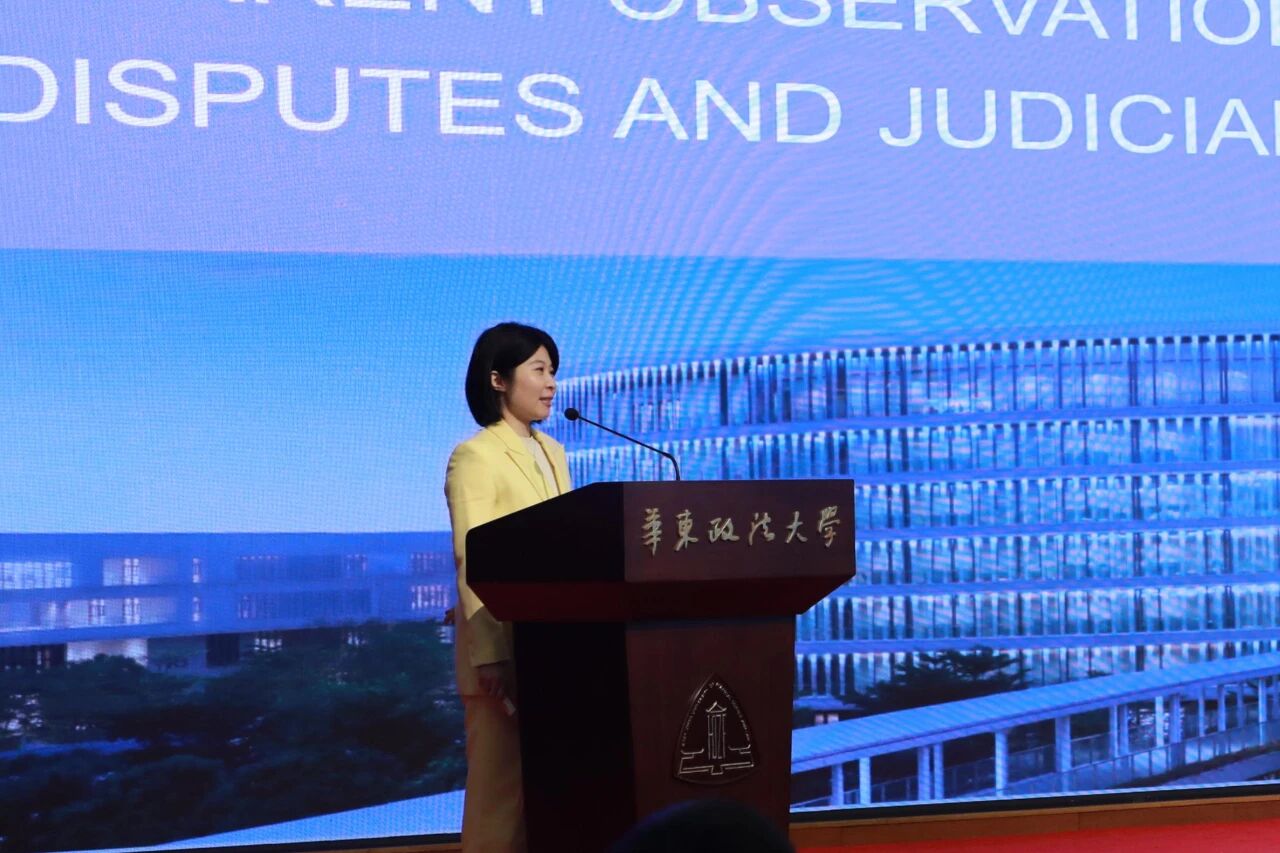
维沃移动通信有限公司法律与政策总监黄怡通过对全球范围内专利许可纠纷及其司法救济的梳理,指出当前全球SEP司法救济路径呈现多元化甚至“碎片化”的图景。在救济路径方面,禁令作为“重磅武器”需谨慎适用;FRAND费率判决为实施人提供可预期的许可路径,反垄断规制则对滥用市场支配地位行为形成威慑。构建良性的SEP许可生态需平衡许可人和实施人的权利与义务。通过机制和对话,寻求减少管辖冲突、协调解决全球纠纷的可能。
Dr HUANG Yi, Director of Legal and Policy at vivo Mobile Communication Co., Ltd., analyzed the current situations and changes on patent licensing disputes and judicial remedies globally, poiting out that the current global SEP judicial remedies for licensing disputes are presenting a diversified and even fragmented picture. In terms of relief paths, injuctiive relief, as a powerful weapon, should be applied with caution; FRAND-rate trial provides implementers with a predictable licensing path, while anti-monopoly regulation serves as a deterrent upon abuses of market dominence. Establishing a healthy licensing ecosystem requires balancing rights and obligations for both parties. Through mechanisms and dialogue, it is able to find out the ways to reduce jurisdictional conflicts and coordibate the resolution of global SEP disputes.
律经思辨
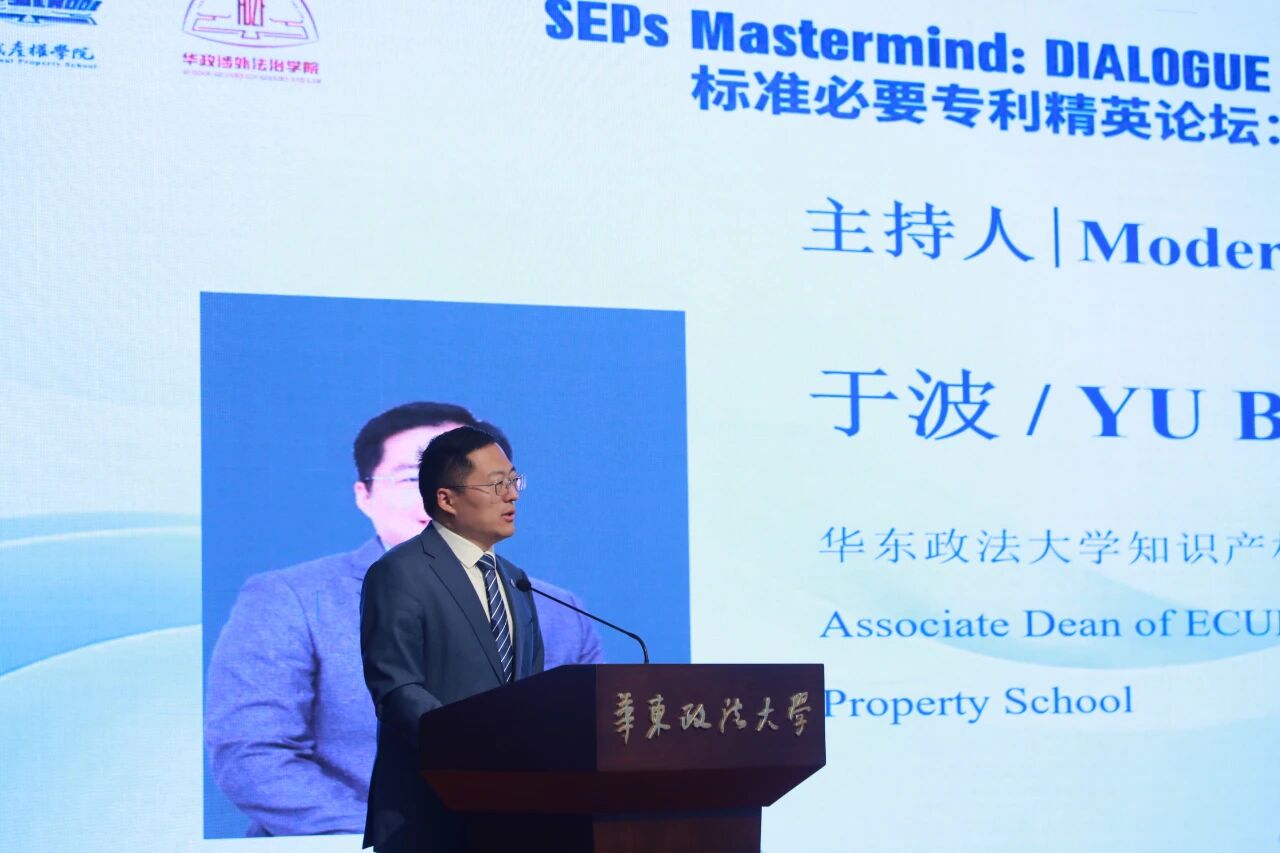
第二单元“律经思辨”由我校知识产权学院副院长于波主持,律师界与经济咨询界专家从法律实务与经济分析视角贡献洞见。
Session 2, “Legal & Economic Perspectives,” moderated by Prof. YU Bo,Associate Dean of the ECUPL Intellectual Property School. Experts from the legal and economic consulting fields provided insights from the perspectives of legal practice and economic analysis.
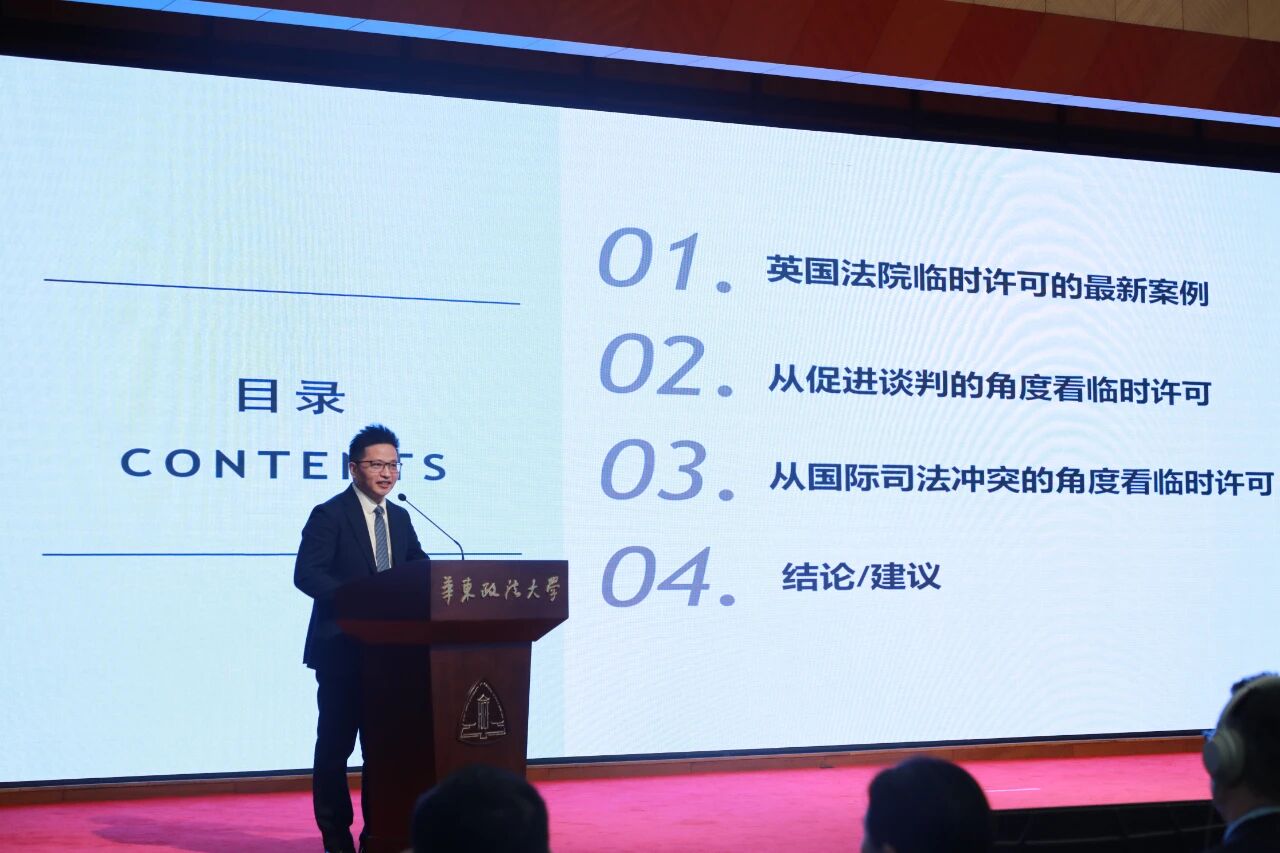
北京市金杜律师事务所合伙人丁文联介绍了英国法院临时许可制度最新案例和其带来的变化,并在与德国橙皮书制度、巴西临时禁令、禁诉令、反禁诉令等制度的比较中,分析了临时许可制度在促进谈判上的相对优势和引发国际司法管辖冲突的不足,建议在发挥促进谈判优势的同时避免引起国际司法冲突,并建议各国法院在SEP审判实体问题上加强协调,在各国法院减少SEP实体问题差异的基础上,自然减少各国司法管辖冲突。
William Ding, partner of King & Wood Mallesons, introduced the latest Interim license case in UK and the changes it brought about. He analyzed the positive roles of the interim license in facilitating negotiations and its shortcomings in causing potential international jurisdictional conflicts in comparison with the Germany's orange book, Brazil’s interim injunction, the ASI and the AASI. He suggested that courts may take advantage of the interim license approach in facilitating negotiations, while efforts should be made to avoid triggering international jurisdictional conflicts. He further suggested that courts of different jurisdictions shall strengthen coordination on substantive trials of SEP cases, so that the jurisdictional conflicts among different countries could be naturally reduced along with the elimination of the courts’ divergent opinions on substantive issues.
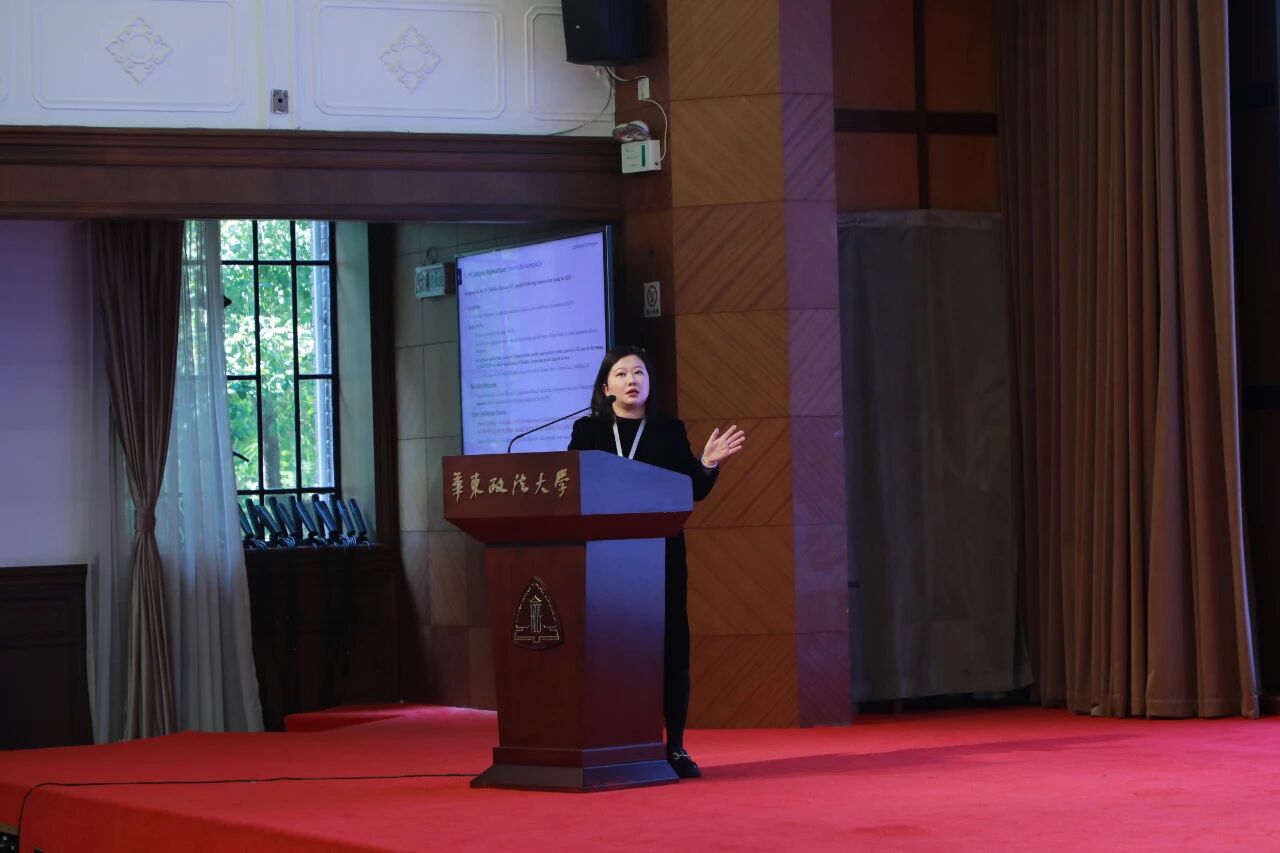
上海市方达律师事务所合伙人杨璞围绕“反临时许可禁令及其影响”为主题,介绍了欧洲统一专利法院及德国法院正面临相关司法新挑战。她介绍道,慕尼黑等地法院已作出首例反临时许可禁令,而英国法院在相关案件中对此作出回应,并发布了反禁诉令。基于上述最新进展,她进一步分析了反临时许可禁令可能引发的司法管辖冲突等一系列法律问题和潜在影响。
Yang Pu, partner at Fangda Law Firm in Shanghai, addressed the topic of Anti interim license injunctions and their impact, discussing the new judicial challenges currently faced by the Unified Patent Court in Europe and German courts. She noted that courts in locations such as Munich have issued the first anti interim license injunctions, while court in the United Kingdom has responded to related cases by issuing anti-anti-suit injunctions. Based on these recent developments, she further analyzed a series of legal issues and potential implications that anti-anti-suit injunctions may trigger, including conflicts over judicial jurisdiction.
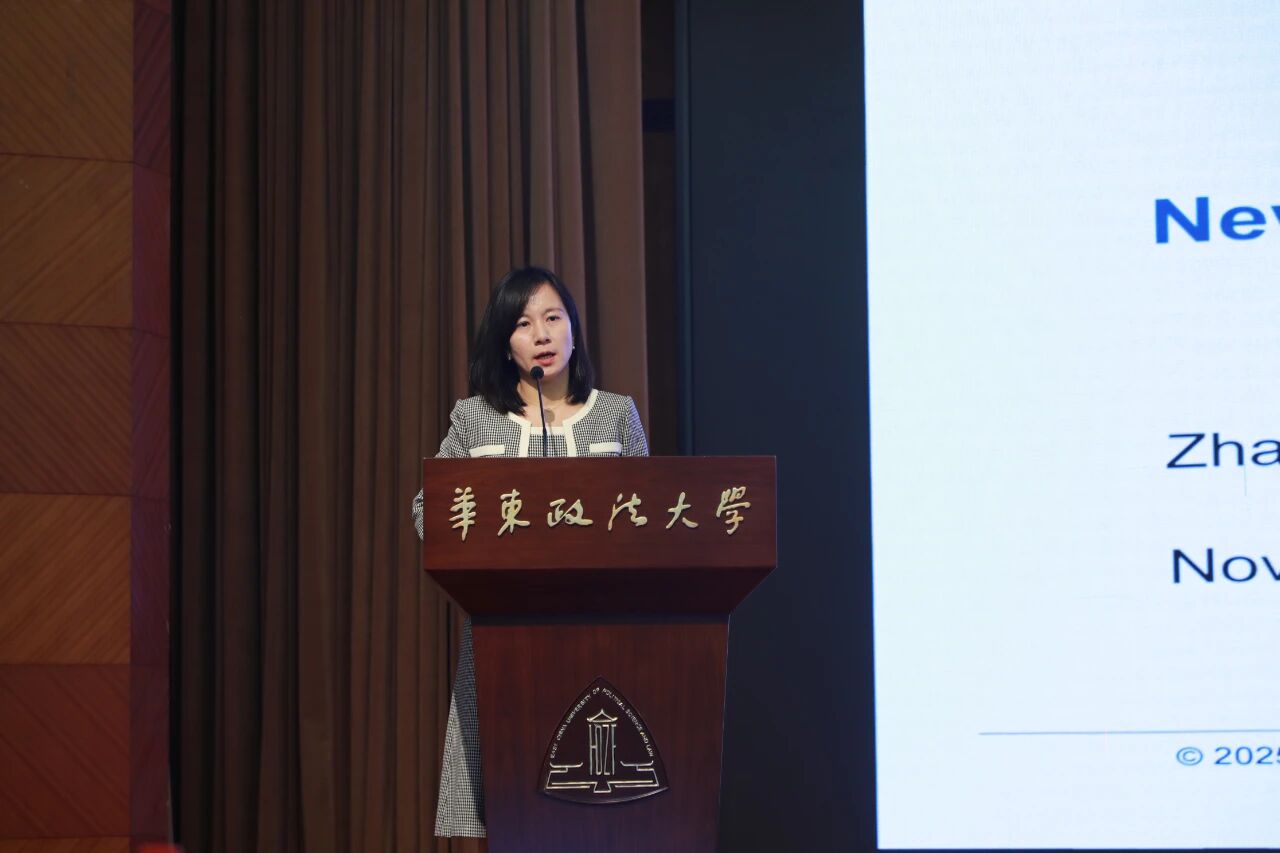
北京市汉坤律师事务所合伙人张健梳理了标准必要专利纠纷的最新进展,重点探讨了许可层级和临时许可的相关问题。她分析了许可层级转变带来的潜在影响,并探讨了临时许可制度在中国的潜在实现路径和管辖权冲突下的企业策略,为实务操作提供参考。
Ms. Jian Zhang, a partner with Han Kun Law Offices, summarized the latest developments in standard essential patent disputes, focusing on the licensing tiers and interim license related issues. She analyzed the potential impacts of changes in licensing tiers and explored the possible approaches for the interim license system in Chinese practice. She also suggested corporate strategies under jurisdictional conflicts, providing references for practical operations.
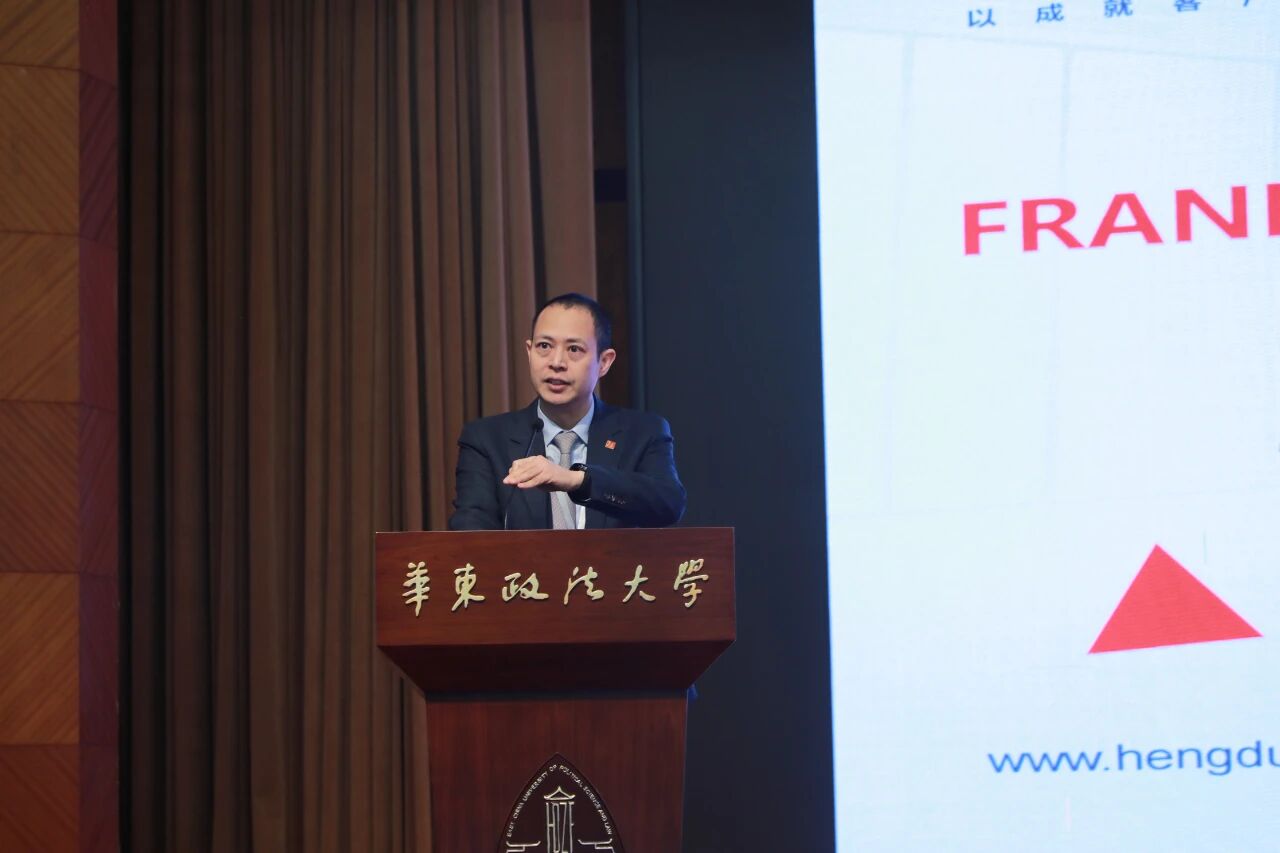
北京市恒都律师事务所创始人、事务所主任江锋涛聚焦FRAND义务确认之诉,深入分析请求权基础、管辖依据及FRAND义务履行判断框架等核心问题。他特别关注权利人变更后的诚信履约,专利转让衔接及新旧权利人谈判继承等实务难点,从程序和实体双重维度提出处理原则。
JIANG Fengtao, Founder and Managing Partner of Beijing Hengdu Law Firm, specializes in actions for the determination of FRAND obligations, providing in-depth analysis of core issues such as the basis of claims, jurisdictional grounds, and the framework for assessing compliance with FRAND obligations. He places particular emphasis on practical challenges including the good faith performance of obligations following changes in patent ownership, the seamless transfer of patent rights, and the succession of licensing negotiations between prior and new rights holders. From both procedural and substantive dimensions, he proposes principles for addressing these matters.
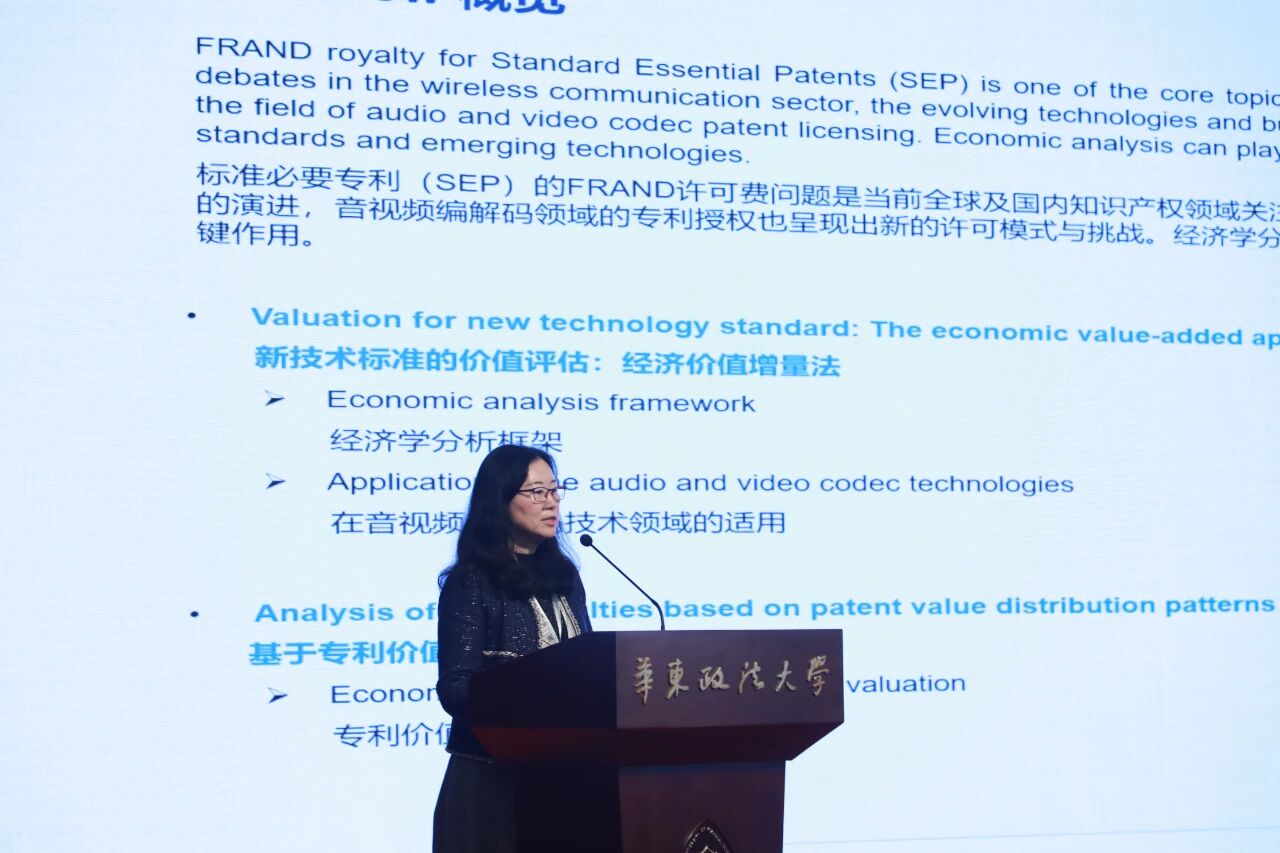
康博睿思经济咨询(北京)有限公司执行副总裁张艳华围绕目前知识产权领域的核心问题,即公平合理无歧视的标准必要专利许可费厘定,从经济学角度提出了一些前沿性的分析方法。张博士重点介绍了针对新的技术和标准,可以考虑采用经济价值增量法,即通过对比新技术标准应用与否的两种情况下经济价值的变化来评估标准必要专利的价值。并探讨了其在音视频编解码等技术标准领域的适用性。同时,张博士也介绍了结合标准必要专利中专利价值分布特征,对特定专利和专利组合进行价值评估的方法。
Dr. Yanhua Zhang, Executive Vice President at Compass Lexecon, presented several cutting-edge economic approaches to address one of the central issues in today’s intellectual property area: the determination of fair, reasonable, and non-discriminatory (FRAND) royalty rates for standard essential patents (SEPs). Dr. Zhang highlighted the potential use of the economic value-added approach for evaluating SEPs associated with new technologies and standards. This approach assesses the value of SEPs by comparing the economic value with and without the adoption of the new standard. She also explored the applicability of this approach in areas such as audio and video codec standards. In addition, Dr. Zhang introduced methods for valuing specific patents or patent portfolios of SEPs by incorporating the distributional characteristics of patent value.
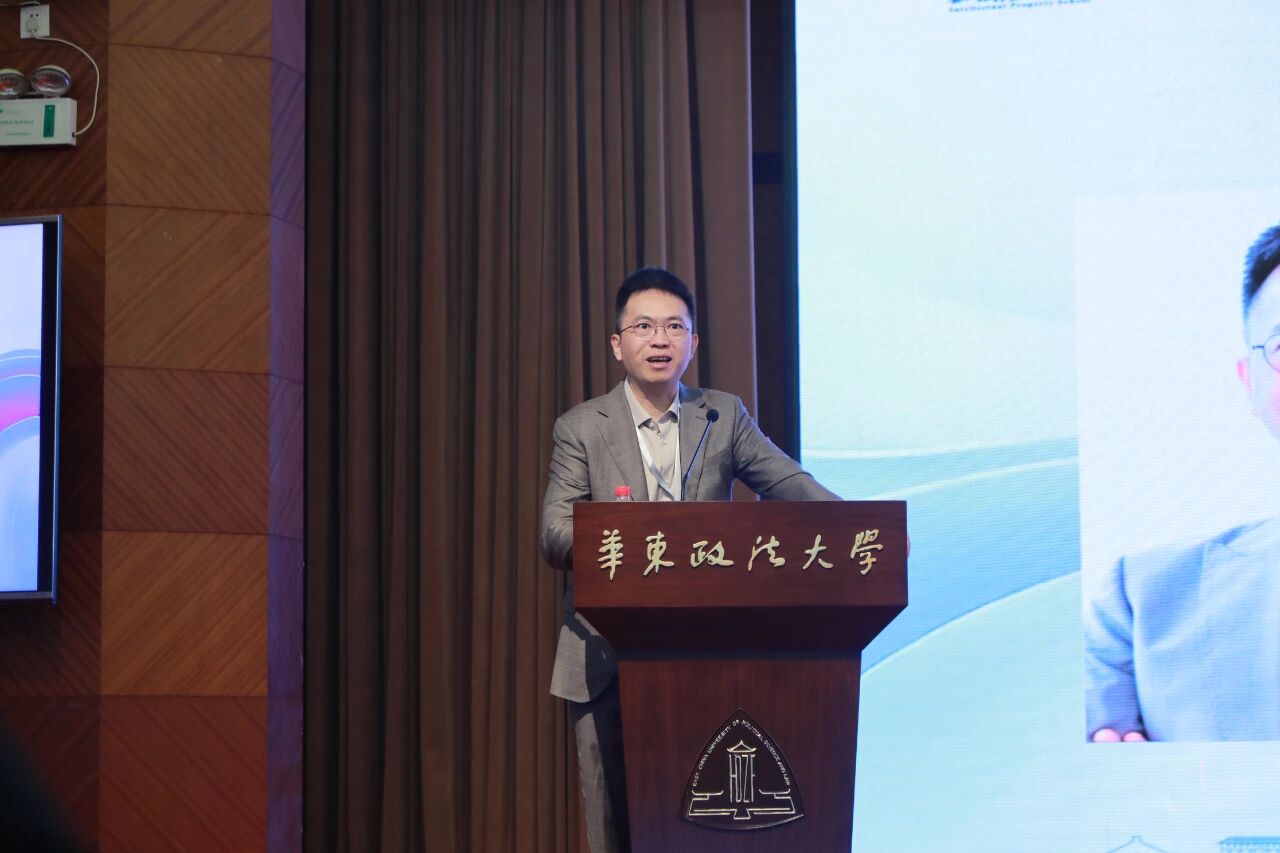
益客诺经济咨询公司合伙人黄昆指出,标准必要专利带来产品创新与行业变革,在经济学估值方法变成“标配”的同时也面临四大挑战:对既有许可费估算方法的精细化程度要求更高、对新领域新行业SEP专利进行价值评估时数据可得性要求加大、反垄断诉讼和SEP诉讼的交织让经济学分析复杂程度变高、传统经济学规范研究方法和既有产业内许可现实会存在潜在碰撞。因此,需以专业视角突破传统经济学方法的局限,合理评估标准必要专利创造的增量价值。
Dr. Kun Huang, a partner at Econic Economic Consulting, pointed out that standard-essential patents (SEPs) play a key role in driving product innovation and industry changes. While the use of economic valuation methods in SEP licensing has become a standard practice, it also faces four major challenges: higher requirements for greater precision in existing royalty estimation methods, increased data availability requirements when evaluating the value of SEPs in new fields and industries, the intertwining of antitrust lawsuits and SEP lawsuits makes economic analysis more complex, and potential conflicts between traditional normative economic research methods and existing industry licensing realities. Therefore, it is essential to develop innovative and reasonable economic methods to evaluate the incremental value created by standard-essential patents.
跨法域司法对话
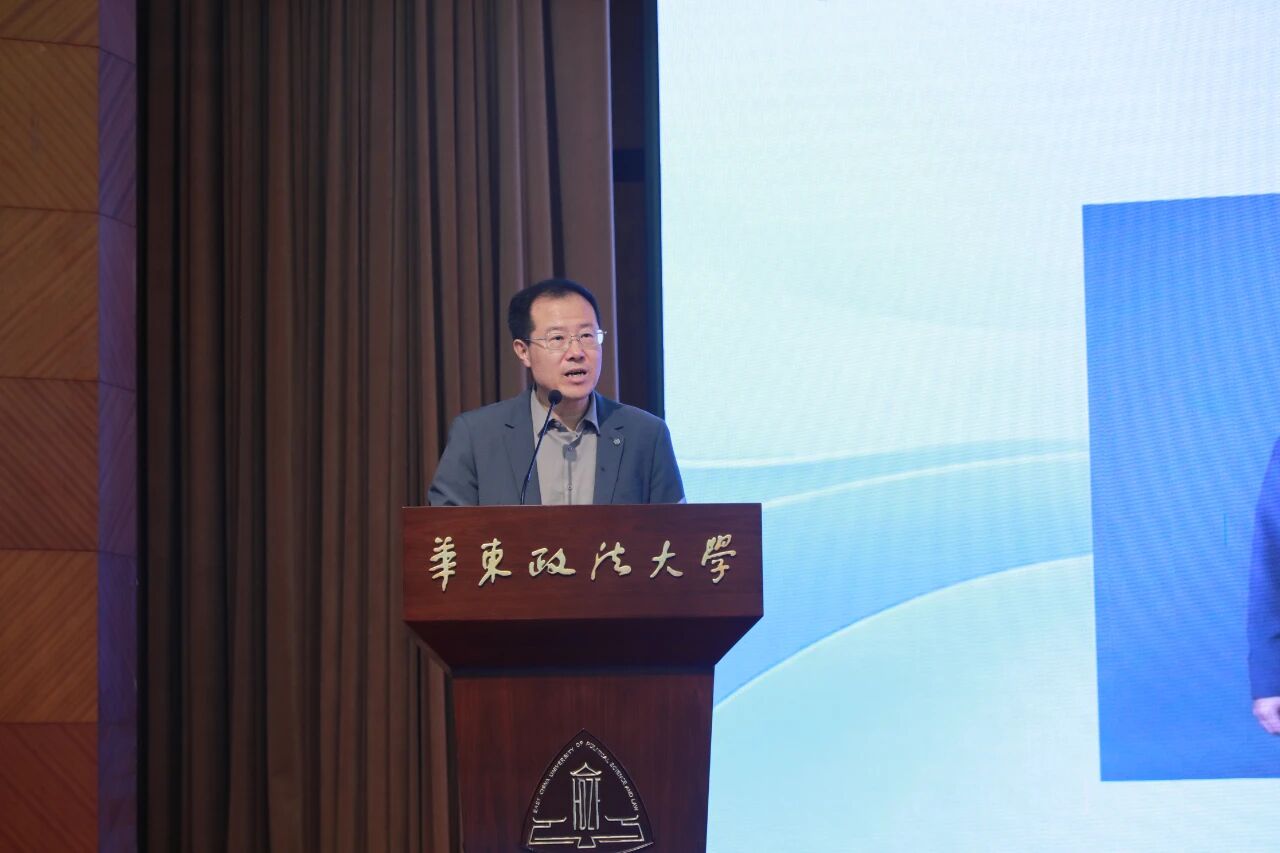
论坛第三单元“跨法域司法对话”由我校知识产权学院院长丛立先主持,中外司法界代表围绕标准必要专利司法实践展开跨国交流。
Session 3,Cross-Jurisdictional Judicial Dialogue, was moderated by Prof. CONG Lixian, Dean of the ECUPL Intellectual Property School. Judicial representatives from China and abroad engaged in transnational exchanges on the judicial practice of standard-essential patents.
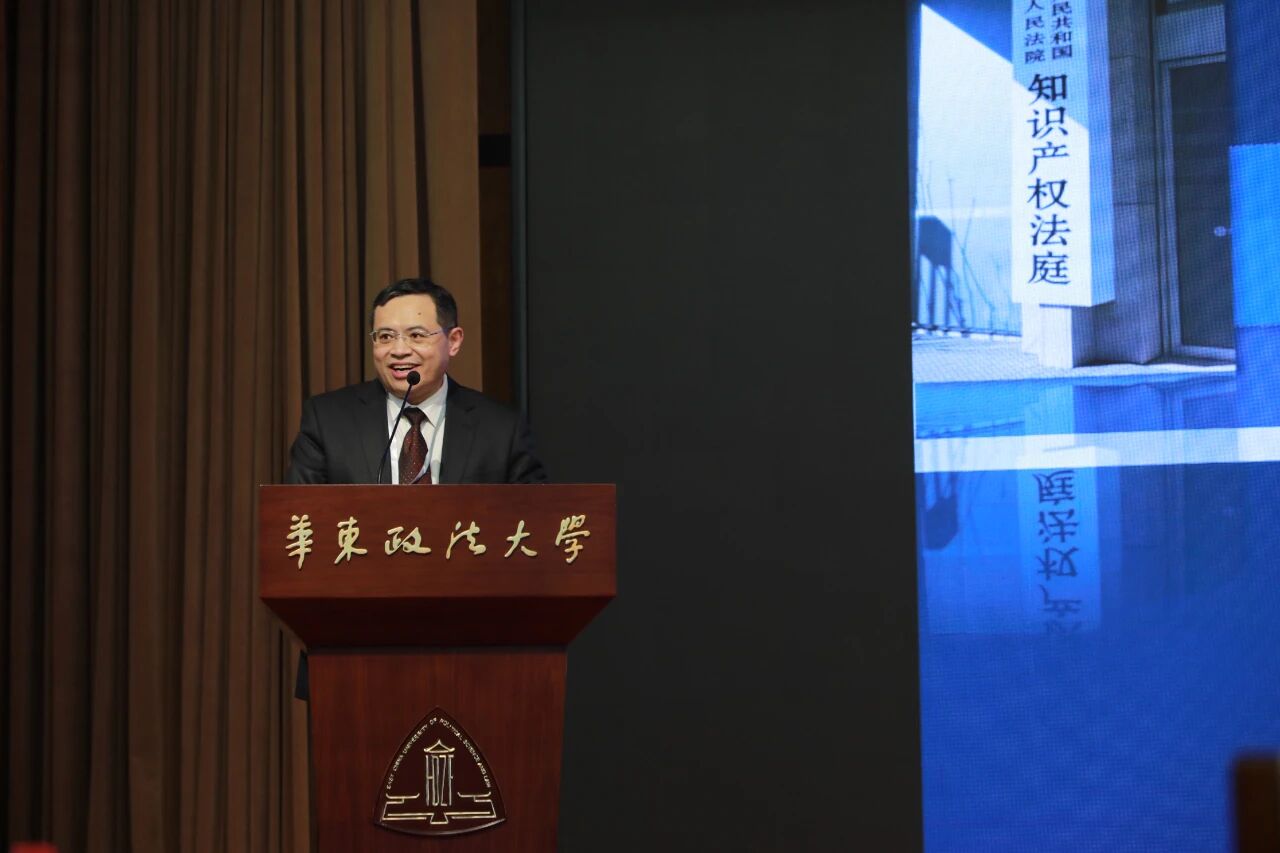
最高人民法院知识产权法庭副庭长朱理聚焦禁令与许可费率两大核心问题,结合华为与网件案、华为与联发科案、高清公司与OPPO案等相关诉讼案例,探讨创新与标准融合、产业延伸背景下的法律纠纷解决路径。他强调,法院应以谨慎谦抑的司法态度促进纠纷解决, 以理性平衡的司法裁判引导产业实践,以开放包容的司法合作推进国际治理,只有更加公平理性的司法规则才能最终有利于全体利益相关方。
Zhu Li, Deputy Chief Judge of the Intellectual Property Court of the Supreme People's Court, focuses on two core issues: injunctions and licensing fees. By referencing litigation cases involving Huawei v. Netgear, Huawei v.MediaTeK, and ACT v. OPPO, he explores the legal dispute resolution paths in the context of the integration of innovation and standards, as well as industry extension. He emphasized that courts should adopt a cautious and restrained judicial attitude to facilitate dispute resolution, guide industry practices with rational and balanced judicial decisions, and promote international governance through open and inclusive judicial cooperation. Only fairer and more rational judicial rules can ultimately benefit all stakeholders.
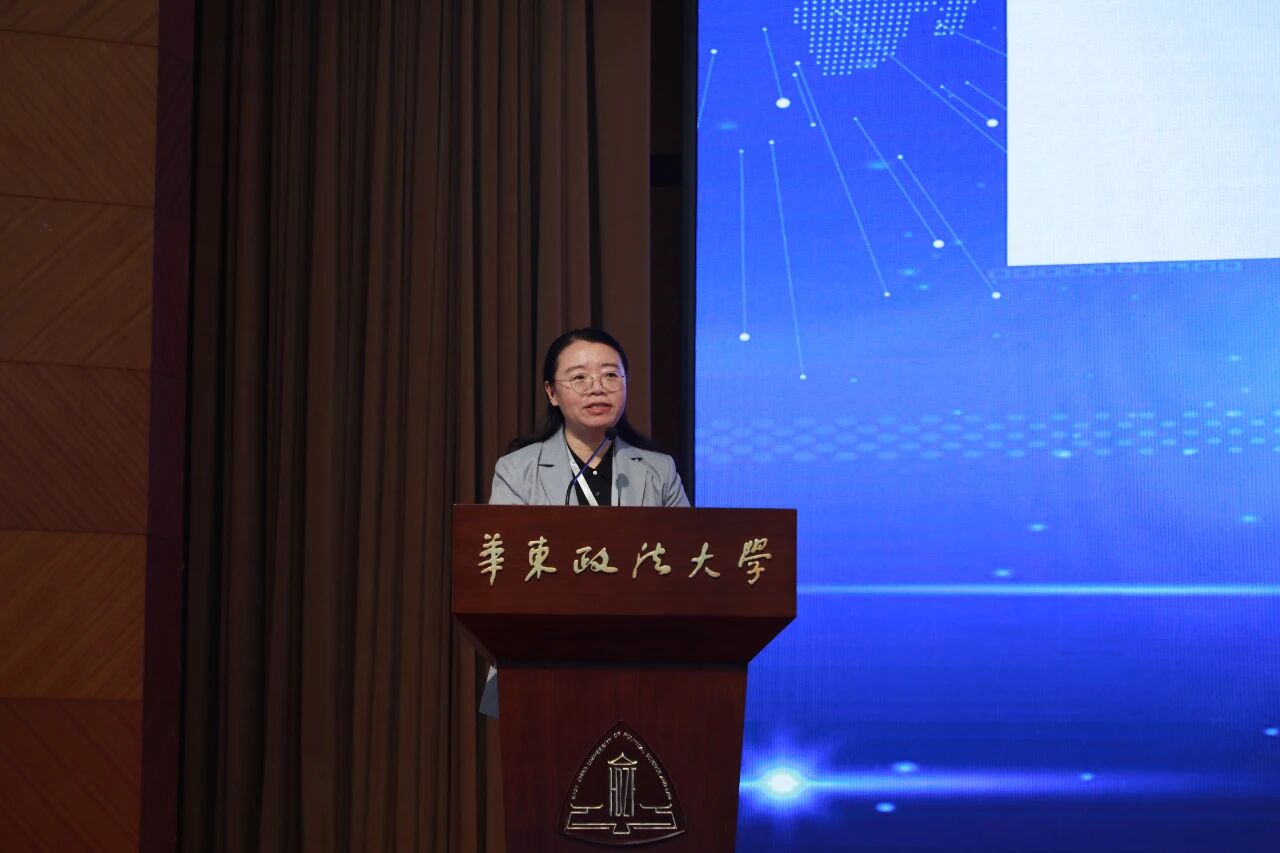
北京市高级人民法院知识产权审判庭庭长张晓津分享了我国审理标准必要专利侵权纠纷案件有关停止侵权禁令救济适用的实践经验,强调应结合相关司法解释确立的裁判规则,综合考量标准必要专利权人和实施人双方利益、社会公共利益等予以确定。同时,她介绍了北京法院在推进实质化解标准必要专利纠纷过程中的实践成果。
Zhang Xiaojin, Chief Judge of the Intellectual Property Division of the Beijing High People's Court, shared practical experiences regarding the application of injunctive relief in the adjudication of standard-essential patent infringement cases in China. She emphasized the need to establish judicial rules in line with relevant judicial interpretations, carefully considering the interests of both SEP holders and implementers, as well as societal public interests. Additionally, she introduced the achievements of Beijing courts in advancing the substantive resolution of standard-essential patent disputes.
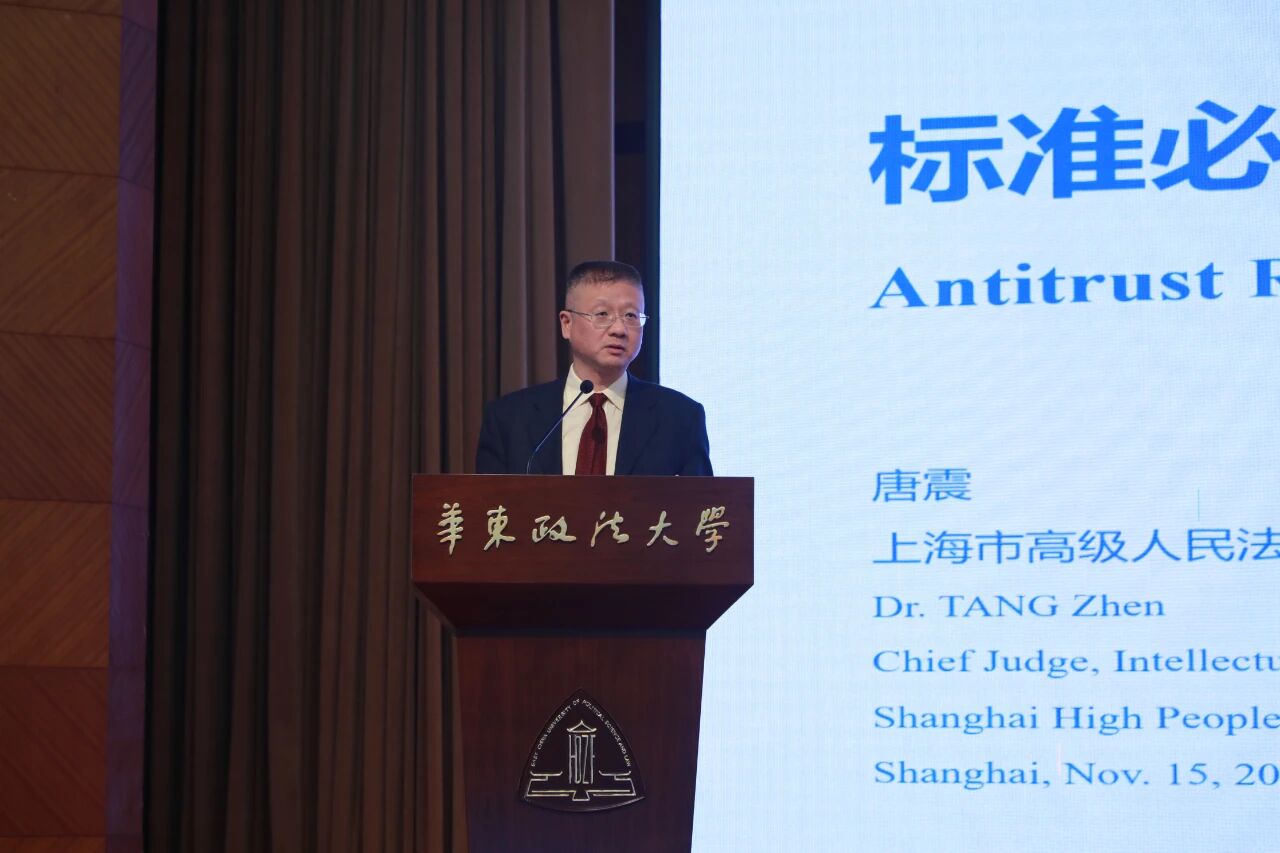
上海市高级人民法院知识产权审判庭庭长唐震聚焦标准必要专利领域的反垄断法规制。他分析了无线通信领域、音视频、物联网等标准必要专利的应用,解读了标准必要专利不同许可模式潜在的法律问题,阐述了标准必要专利领域反垄断法判断的基本原则,并围绕相关市场界定、公平合理价格判断以及救济措施滥用的认定等法律问题展开深入探讨。
Tang Zhen, Chief Judge of the Intellectual Property Division of the Shanghai High People's Court, focused on the antitrust regulation of standard-essential patents. He analyzed the application of SEPs in fields such as wireless communications, audio and video, and the Internet of Things, interpreting the potential legal issues associated with different licensing models for SEPs. He elaborated on the basic principles for antitrust law judgment in the SEP field, and conducted an in-depth discussion on legal issues such as market definition, fair and reasonable pricing, and the determination of the abuse of remedies.
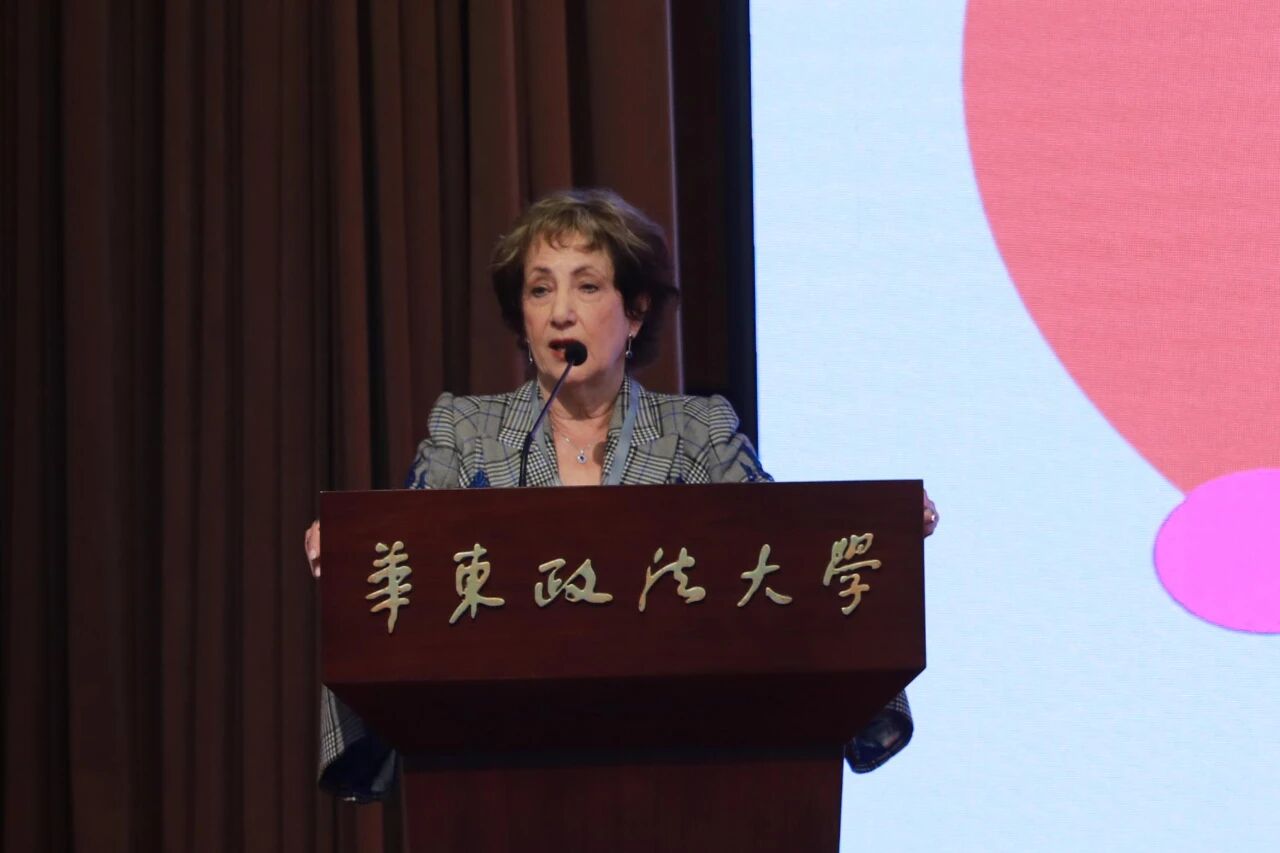
澳大利亚联邦法院前法官安娜贝尔・贝内特介绍了进入标准必要专利诉讼后可能面临的一系列影响,包括在认定标准必要专利的侵权与有效性时所涉及的复杂性。她同时指出,标准必要专利技术本身高度专业,为了让法院能够准确理解双方专家意见之间的差异,必须提供充分且清晰的证据与技术说明。她强调,法院的裁决必须基于当事人提交的证据,但也提醒各方,诉讼本身存在一定风险,例如即使在严格的法院保密措施下,仍可能发生保密信息泄露等情况。
Annabelle Bennett, a former Judge of the Federal Court of Australia, discusses some of the consequences of entering into litigation, including some of the complexities that can arise in determining infringement and validity of SEPs. She also addressed the issue of technical complexity and the difficulties and importance of ensuring that the Court has sufficient evidence and teaching to ensure that there is appropriate understanding of competing expert opinions. She emphasized that decisions are based on evidence presented but warned of some of the risks of litigation, such as breaches of confidentiality even in the context of strict Court protocols.
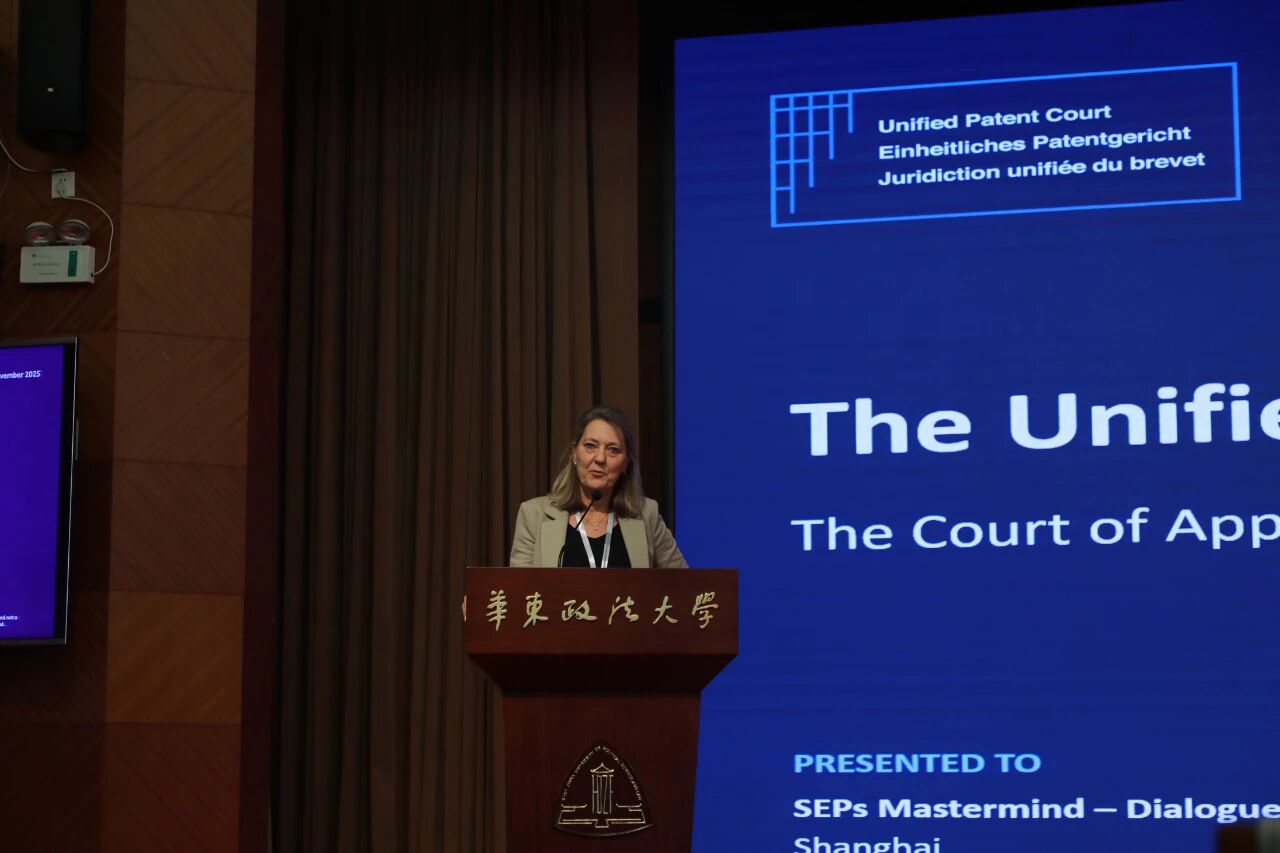
欧洲统一专利法院上诉法院第二小组主审法官里安・卡尔登对统一专利法院的法律框架作了深入阐述。她指出,统一专利法院对欧洲专利及统一效力专利均享有司法管辖权,其裁判效力覆盖欧盟范围内的18个国家。她说明了法院的语言制度以及合议庭的组成形式,在诸多案件中,技术领域资质法官亦会参与合议庭审理。此外,她详细介绍了欧洲法院在BSH诉Electrolux案中的裁决及该裁决对跨境管辖权的影响,特别是涉及法院在UPC领土之外对欧洲专利侵权行为的可及程度。最后,她提到统一专利法院内部正在筹建专利调解与仲裁中心(PMAC),该中心预计于2026年6月正式开始运作,未来将在解决标准必要专利争议方面发挥重要作用。
Rian Kalden, Presiding judge of the second panel of the Court of Appeal of the Unified Patent Court elaborated on the legal framework of the UPC. It has jurisdiction over European and Unitary patents. Its decisions cover the territory of 18 countries within the European Union. She explained the language regime within the Court and the composition of the panels. In many cases technically qualified judges are part of the panel. She also elaborated on the decision of the Court of Justice of the European Union in BSH v Electrolux and the consequences for the cross border jurisdiction (the extent to which it may deal with infringement of European patents outside the UPC territory). Finally, she discussed that within the Court a Patent Mediation and Arbitration Center (PMAC) is being set up, which opens its doors in June 2026. This Center is expected to be useful to resolve SEP disputes.
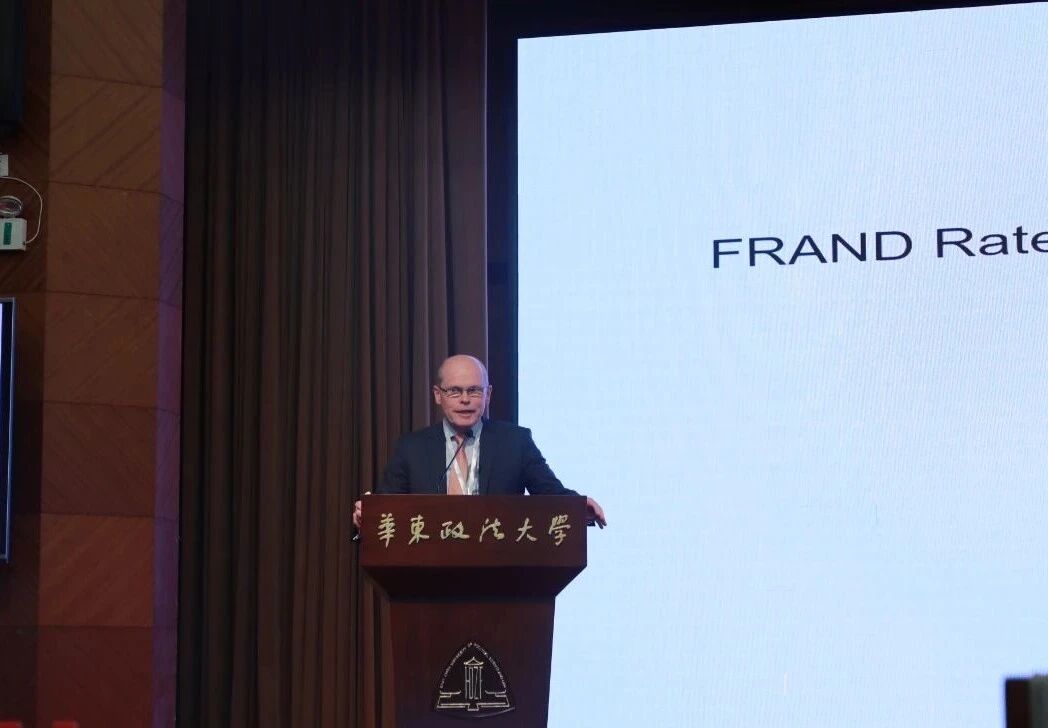
德国联邦最高法院第十审判庭庭长、主审法官克劳斯・巴赫对标准必要专利适用禁令救济的原则作出了阐释:专利因具有“标准必要”属性,并不导致权利人丧失申请禁令的权利。原则上,在认定构成侵权的情况下,权利人有权获得禁令救济。他指出,法院在审查禁令请求时的核心关注点在于被控侵权方是否以善意态度参与许可谈判,而非由法院直接确定FRAND许可费率。结合Haier等典型判例,他强调,一旦实施者缺乏真实的许可意愿,权利人将能够获得禁令。目前,尽管德国法院通常不会主动设定费率,但未来相关判例法可能出现突破,其前提在于双方订立一项授权法院决定许可费率的许可协议。该类授权的法律基础来源于《德国民法典》(BGB)第315条。
Klaus Bacher, Presiding Judge of the Tenth Division of the German Supreme Court (Federal Court of Justice, Bundesgerichtshof), clarified the principle of injunction for the application of standard necessary patents: the right holder cannot be deprived of the right to apply for an injunction because the patent has the attribute of standard necessary. In principle, in case of an infringement, the right holder is entitled to an injunction. He pointed out that when the court examines the injunction application, it focuses on whether the party accused of infringement is negotiating in good faith, rather than directly setting the FRAND rate. Based on typical cases such as Haier, he emphasized that if the implementer lacks the real will to license, the right holder will get an injunction. At present, although the German court does not take the initiative to set the license rate, there may be a breakthrough in the relevant case law in the future. The main condition is that both parties enter into an agreement which entitles the court to determine the license rate. The legal basis is provided by Section 315 of the German Civil Code (BGB).
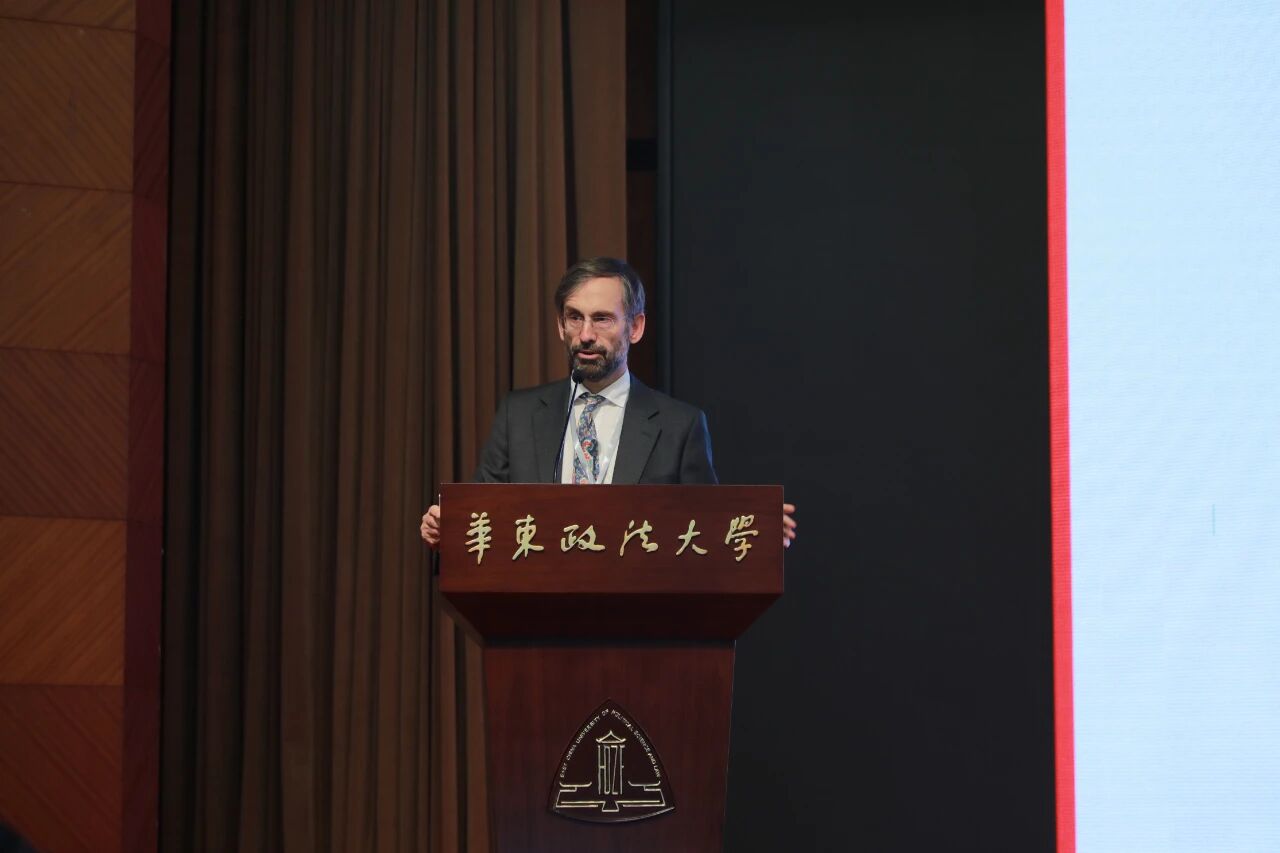
英格兰及威尔士高等法院知识产权案件及专利庭负责人理查德·米德介绍了英国法院在处理专利侵权案件中的救济路径。他指出,英国法院在成文法与普通法的框架下,对专利纠纷享有广泛的救济裁量权,并具备对专利必要性进行审查与评估的能力。可适用的救济措施还包括临时许可声明,但此类声明并不具有强制力,不等同于强制许可,其适用须严格限于审慎的司法裁量范围之内。他进一步提到,临时许可制度在实践层面仍具有发展空间,并建议继续推动国际知识产权司法体系在相关领域的协作优化与深化。
Richard Meade, judge in charge of Intellectual Property and of the Patents List, High Court of England and Wales, introduced remedies for handling patent infringement cases in British courts. He said that British courts have extensive powers to grant relief in patent disputes, under statute law and common law, and have the ability to assess the essentiality of patents. Remedies also include interim licence declarations but they are not coercive, do not have the effect of compulsory licensing and are only to be used within the scope of careful judicial discretion. He mentioned the possibility for practical progress in the field of interim licenses and suggested continuing to promote the optimization of cooperation of the international IP judiciary.
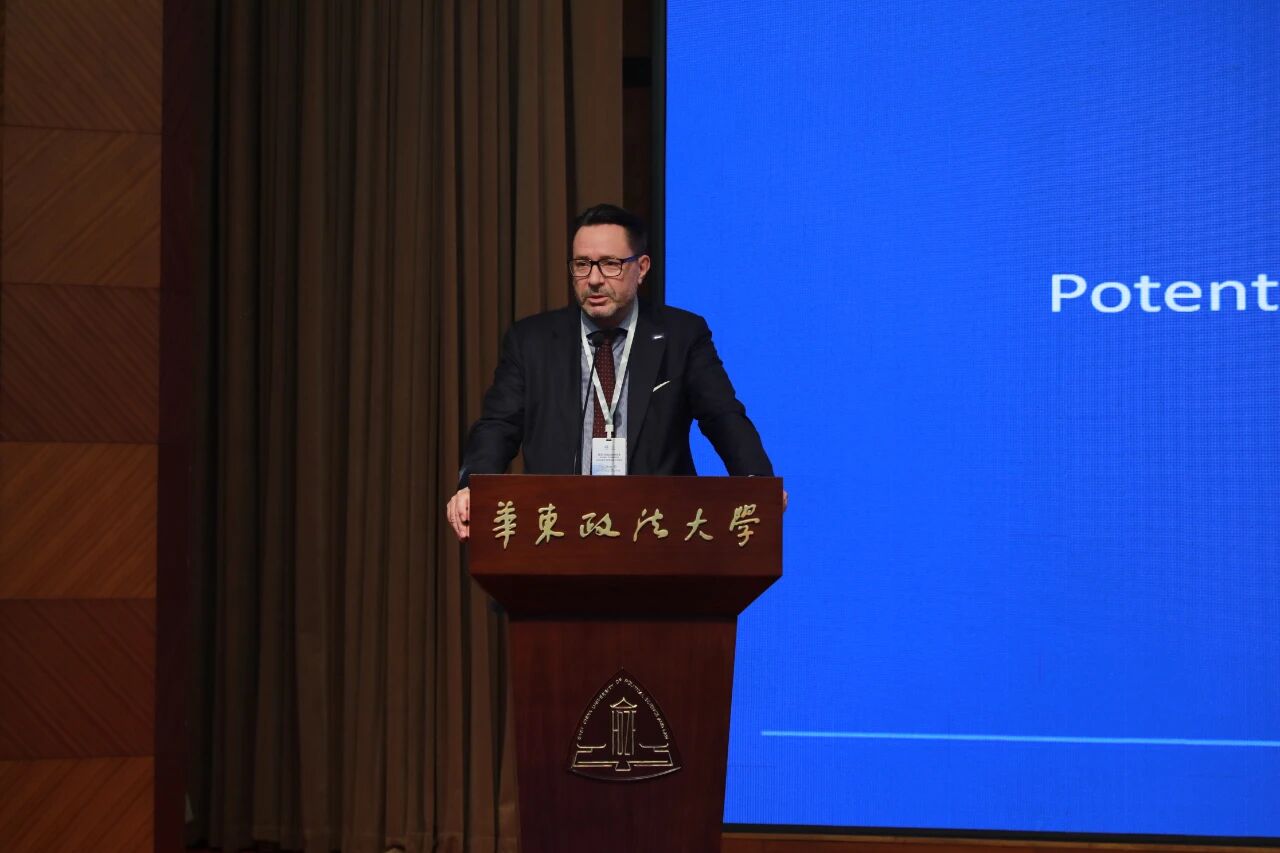
欧洲统一专利法院慕尼黑地方分院主审法官马蒂亚斯・齐甘介绍了法院在标准必要专利纠纷中确定许可费率的方式。他指出,实施者可以通过提出反诉的途径,请求法院促成许可协议的达成;同时,当事人亦可以提交附带空白条款的辅助性请求,由法院在裁判中予以补充和确定。他进一步讨论了其他可供选择的程序路径及其中潜在的程序风险。最后,他提请各方关注统一专利法院专利调解与仲裁中心(PMAC),该机构预计将于2026年6月1日正式投入运作。
Matthias Zigann, the presiding judge of the Local Division Munich of the Unified Patent Court, explained how the Court sets rates in SEP (Standard Essential Patent) disputes. He highlighted the possibility of the implementer filing a counterclaim to conclude a licence agreement, and outlined the option of submitting auxiliary requests with blanks to be filled in by the court. He also discussed other procedural options and potential pitfalls. Finally, he referred the parties to the Patent Mediation and Arbitration Centre of the Unified Patent Court (PMAC),which is due to open on 1 June 2026.
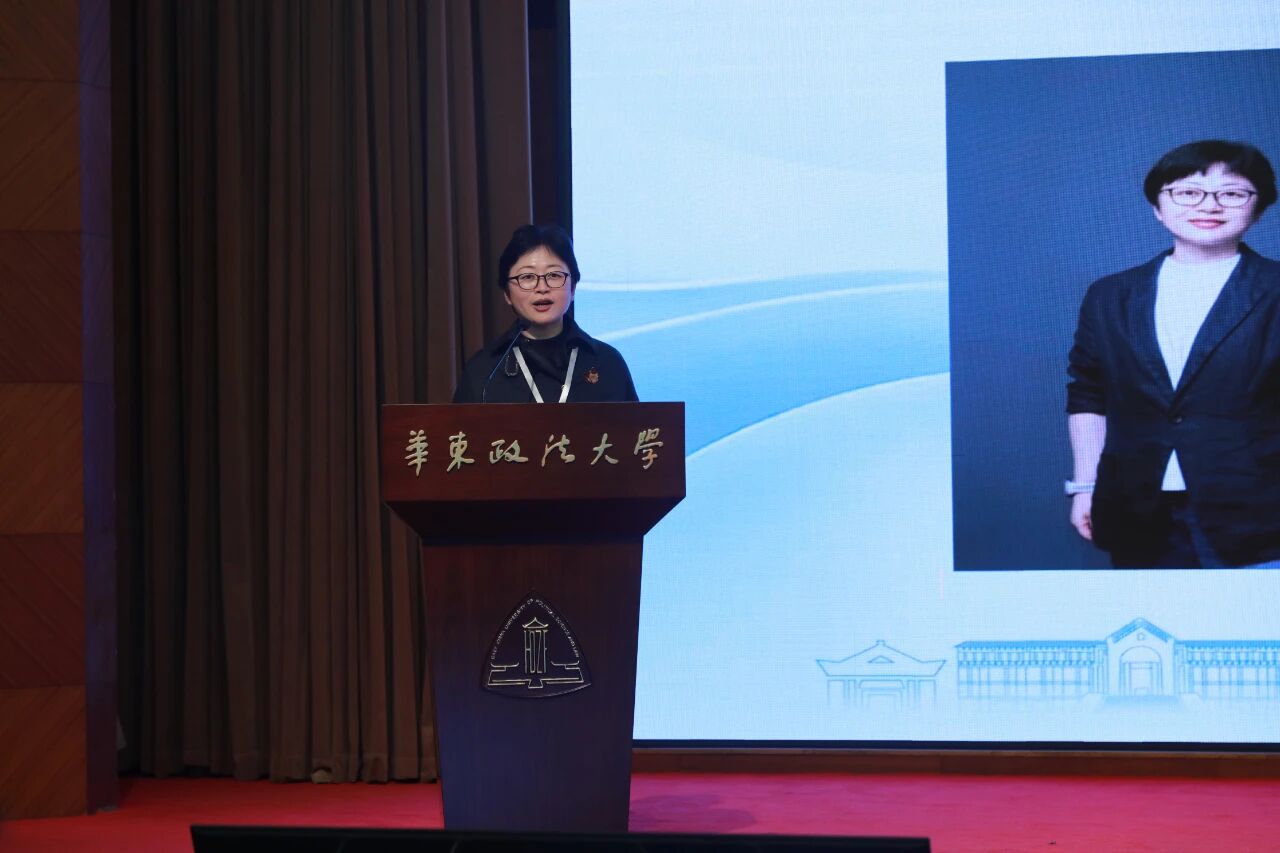
论坛闭幕式上,我校知识产权学院党委书记、副院长王栩叶作总结致辞。她代表主办方感谢与会中外嘉宾的倾情参与,指出本次论坛通过跨领域、跨法域深度对话,在标准必要专利领域凝聚了广泛共识。她表示,学院将持续携手各界,共同构建公平、高效、开放的国际标准必要专利创新生态,为全球科技治理与产业高质量发展贡献力量。
During the closing ceremony of the forum, Wang Xuye, Party Secretary & Associate Dean of ECUPL Intellectual Property School, delivered the closing remarks. On behalf of the organizers, she expressed gratitude to the domestic and international guests for their enthusiastic participation. She highlighted that the forum had fostered broad consensus in the field of standard-essential patents through in-depth cross-disciplinary and cross-jurisdictional dialogue. She further stated that the school will continue to collaborate with all sectors to build a fair, efficient, and open international SEP innovation ecosystem, contributing to global technological governance and the high-quality development of industries.
圆桌闭门会议
论坛期间还举办了圆桌闭门会议,由欧洲统一专利法院上诉法院第二小组主审法官里安・卡尔登、澳大利亚联邦法院前法官安娜贝尔・贝内特分别主持。中外法官及华为、腾讯、中兴、OPPO、vivo、小米、诺基亚、阿里巴巴等企业代表,围绕“SEP许可实践与改进”与“全球SEP诉讼展望”展开深度对话,共同探索许可生态优化与诉讼协作新路径。
During the forum, closed-door roundtable meetings were also held, hosted by The Hon. Justice Rian Kalden, Presiding Judge of the Second Panel of the Court of Appeal, Unified Patent Court, and The Hon. Justice Annabelle Bennett, Former Judge of the Federal Court of Australia. Chinese and international judges, along with representatives from Huawei, Tencent, ZTE, OPPO, vivo, Xiaomi, Nokia, Alibaba, and other companies, participated in in-depth discussions on SEP Licensing Practices and Improvement and Global SEP Litigation-Practice and Prospects. They jointly explored new pathways for optimizing the licensing ecosystem and enhancing collaboration in litigation.
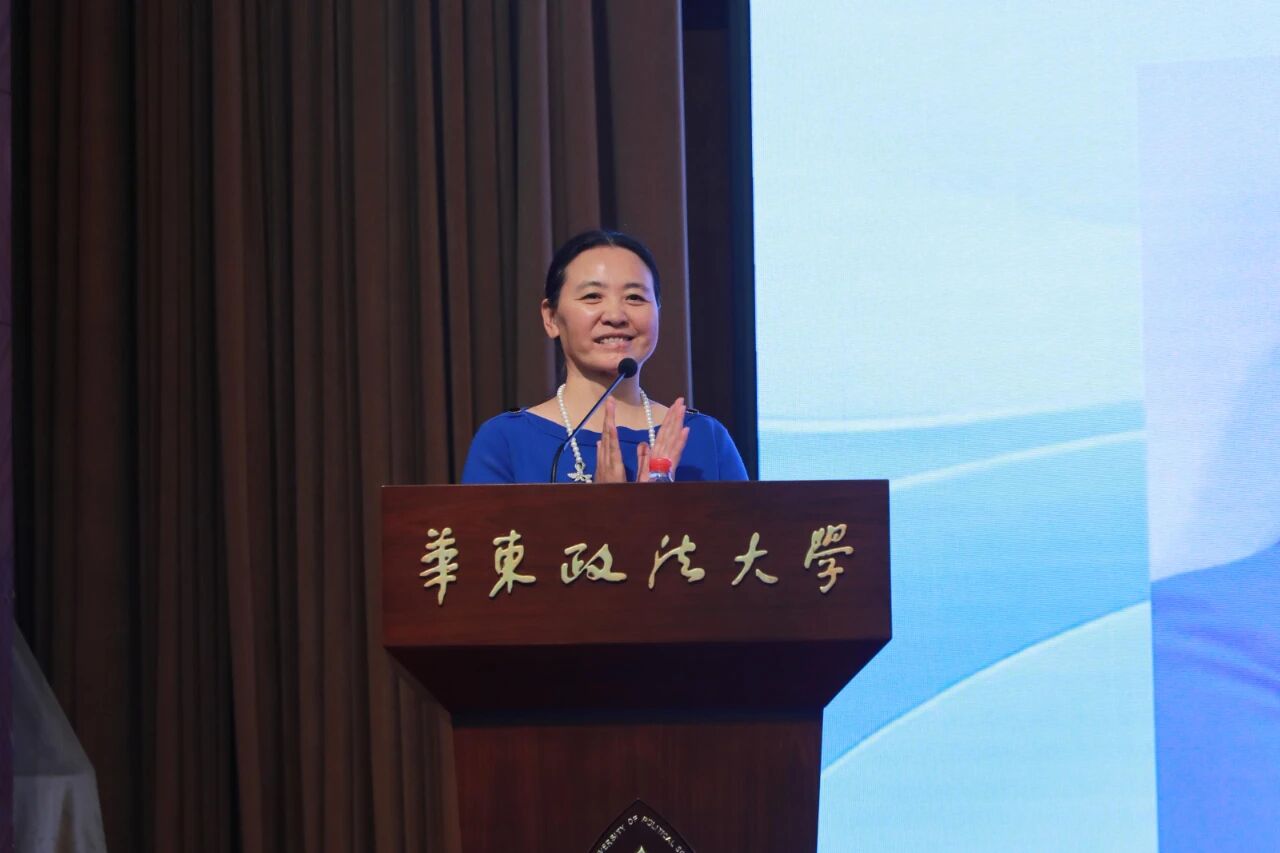
圆桌闭门会议闭幕式上,我校知识产权学院教授王艳芳作最后总结。她首先感谢最高人民法院与我校的信任与支持,也感谢中外法官、企业高管、律经精英千里赴会,并带来前沿实践经验与专业见解的分享——正是这些力量的汇聚,让论坛从 “不可能” 变为 “可能”。同时她强调,论坛核心是为所有参与者提供自由交流的平台。此次论坛不仅为海内外行业同仁搭建了沟通渠道,还为不同司法辖区的法官以及法官与其他参与者之间提供了交流途径,打造了一个兼具学术研究与实践经验的高质量沟通交流平台。最终以该平台为纽带,论坛旨在增进标准必要专利许可与诉讼领域的理解、减少误解,进而助力应对国际挑战,凝聚共识、协同发展。
At the closing ceremony of the closed-door roundtable, Prof. Wang Yanfang from ECUPL Intellectual Property School, delivered the closing remarks. She first expressed her gratitude to the Supreme People's Court and ECUPL for their trust and support, as well as to the judges, corporate executives, and legal and economic experts from both China and abroad who traveled long distances to attend and share their cutting-edge practical experiences and professional insights that have transformed the forum from impossible to possible. She also highlighted that the core of the forum was to provide for a free exchange between all participants. Not only did the forum provide a communication channel for industry peers from home and abroad, it also provided a means of exchange between Judges from different jurisdictions and between Judges and other participants. This enabled a high quality platform for communication and exchange, at an academic and at a practical level. Ultimately, through this platform, the forum seeks to increase understanding and to reduce misunderstanding in SEP licensing and litigation and thus help to asdress international challenges and increase consensus and collaborative development.
本次论坛汇聚全球司法、产业、学术及法律界精英,通过多维度、深层次的交流研讨,为标准必要专利的规则完善与实践创新提供了重要支撑,彰显了推动全球科技治理协同发展的共同愿景。
This forum brought together global elites from the judiciary, industry, academic, and the legal communities. Through multi-dimensional and in-depth exchanges and discussions, it provided crucial support for the refinement of rules and innovative practices in standard-essential patents, demonstrating a shared vision for promoting the collaborative development of global technological governance.

来 源 | 知识产权学院
编 辑 | 罗林哈 责 编 | 曹 婧
